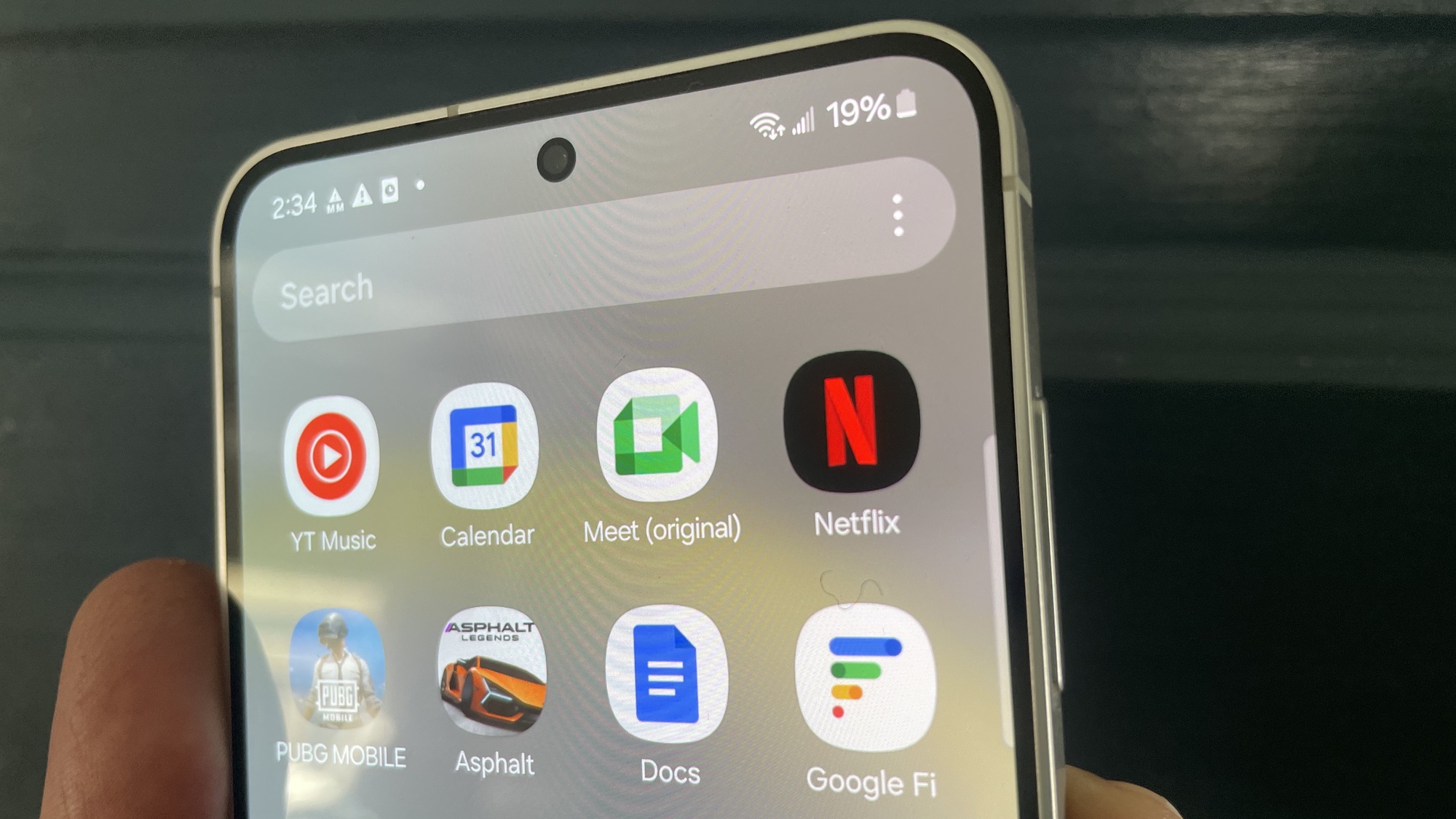I took over 200 photos with the Galaxy Z Flip 6 vs Razr Plus 2024 — here's the winner
It couldn't be any closer this time
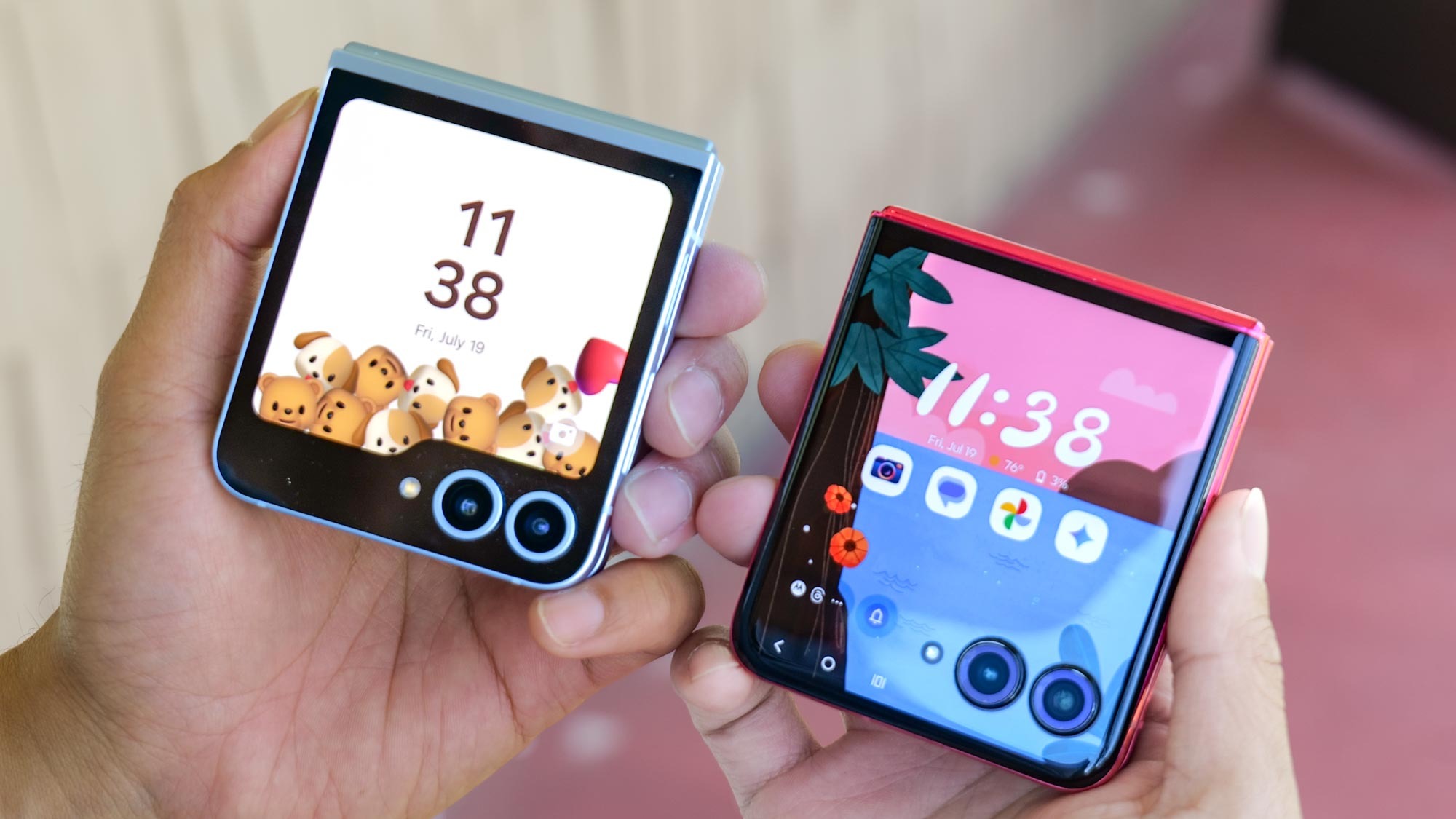
It’s foldable season and I’ve got the two latest flip-style phones to check out. Samsung’s looking to redeem itself after last year, but Motorola’s not going down that easy. This is why a Galaxy Z Flip 6 vs. Razr Plus 2024 photo face-off is necessary to see which is the better camera phone.
Just like my other photo comparisons, I’ve captured over 200 photos between the Galaxy Z Flip and Motorola Razr Plus to see how they compare in different scenarios to see which is the more capable phone for photography. In my Razr Plus 2024 review, I said that Motorola's phone has a much improved camera performance over its predecessor. Meanwhile, I point out how a new set of Galaxy AI features helped out Samsung's new flip-style phone in my Galaxy Z Flip 6 review.
However, there’s a huge difference between them because the Razr Plus drops its ultrawide camera entirely — replacing it with a dual camera setup that now consists of a 50MP main camera and a 50MP telephoto with 2x optical zoom. Meanwhile, the Z Flip 6 gets its own upgrade too: a new 50MP main camera paired with a 12MP ultrawide. I know which setup I prefer, but I know how some people value telephoto cameras over ultrawides.
Of course, I’ve previewed all the photos on my computer, so that way, I can better pixel peep each one of them for a fair comparison. And with that, let’s begin!
Galaxy Z Flip 6 vs Razr Plus 2024: Daytime
On bright sunny days, the Galaxy Z Fold 6 and Razr Plus couldn’t be any similar because they take excellent photos with their main cameras. Frankly, it could sway either way, but in these shots, I see slightly better results with the Razr Plus. The picture’s a smidge brighter, but it also pulls in sharper details — only by a little though. I can see it in the license plate from the car on the left side, as well as the signs across the building in the background.
Winner: Razr Plus 2024

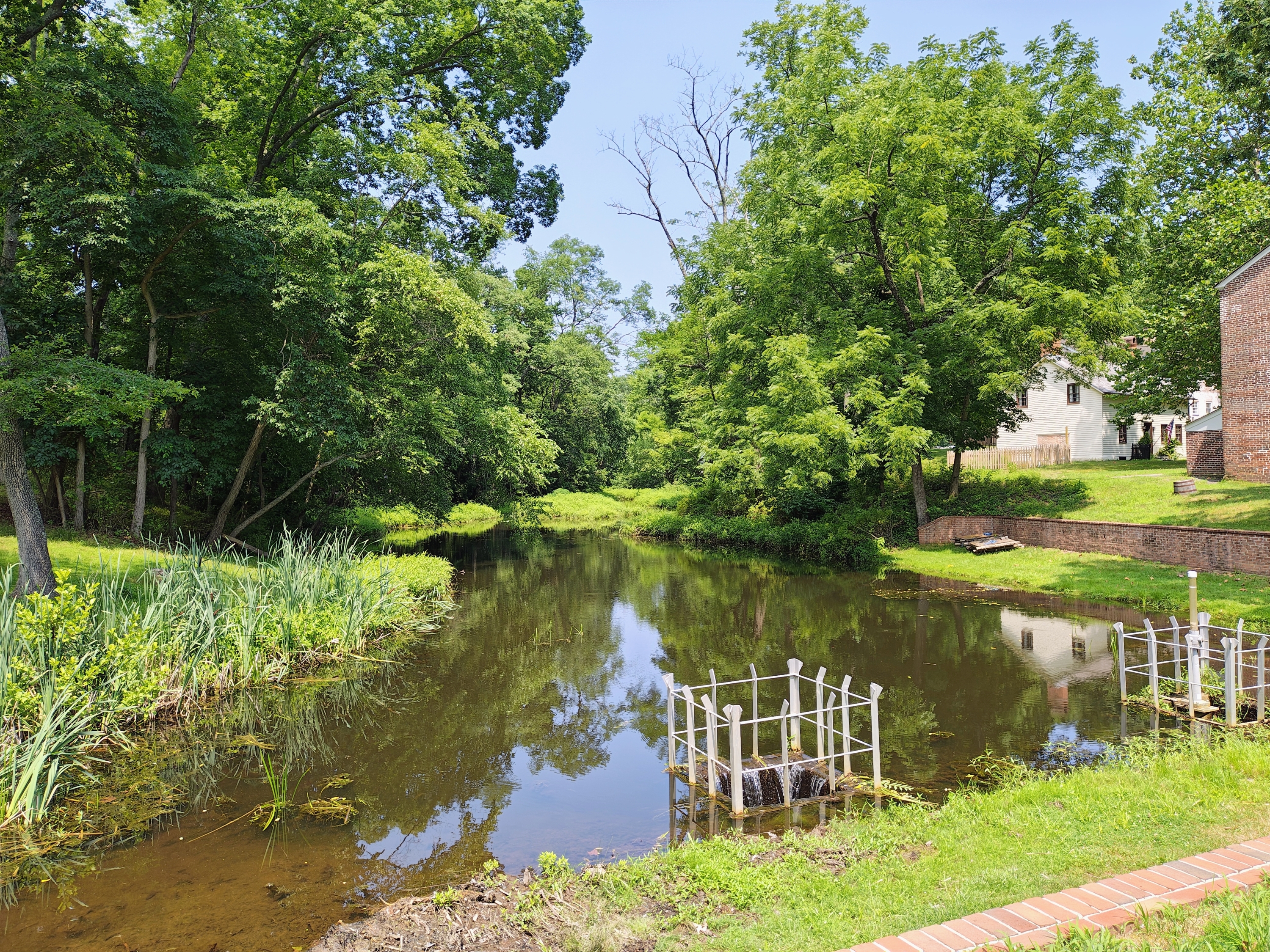


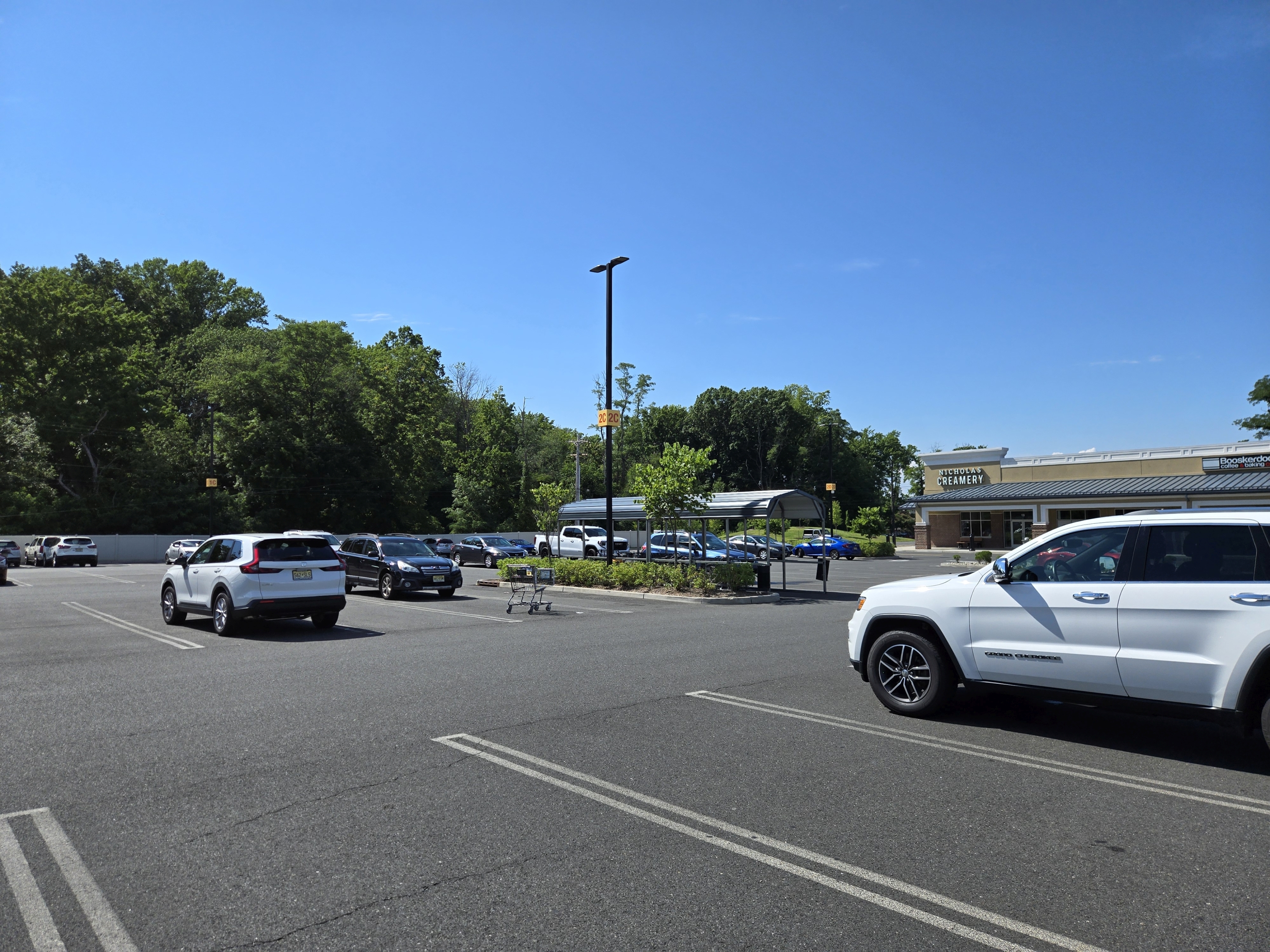







Galaxy Z Flip 6 vs Razr Plus 2024: Dynamic range
For the dynamic range performance of these camera phones, I’m grading how well they expose the scene between the highlights and shadows.
Sign up to get the BEST of Tom's Guide direct to your inbox.
Get instant access to breaking news, the hottest reviews, great deals and helpful tips.
The sunset in the far background is exposed evenly by the Flip and Razr, so much so that reds, greens, and blues in the surrounding sky are nicely represented. In the foreground however, I like that the Razr Plus does a little better job at boosting the shadowed areas in and around the rocks — and for that reason, I’m giving this category to Motorola.
Winner: Razr Plus 2024
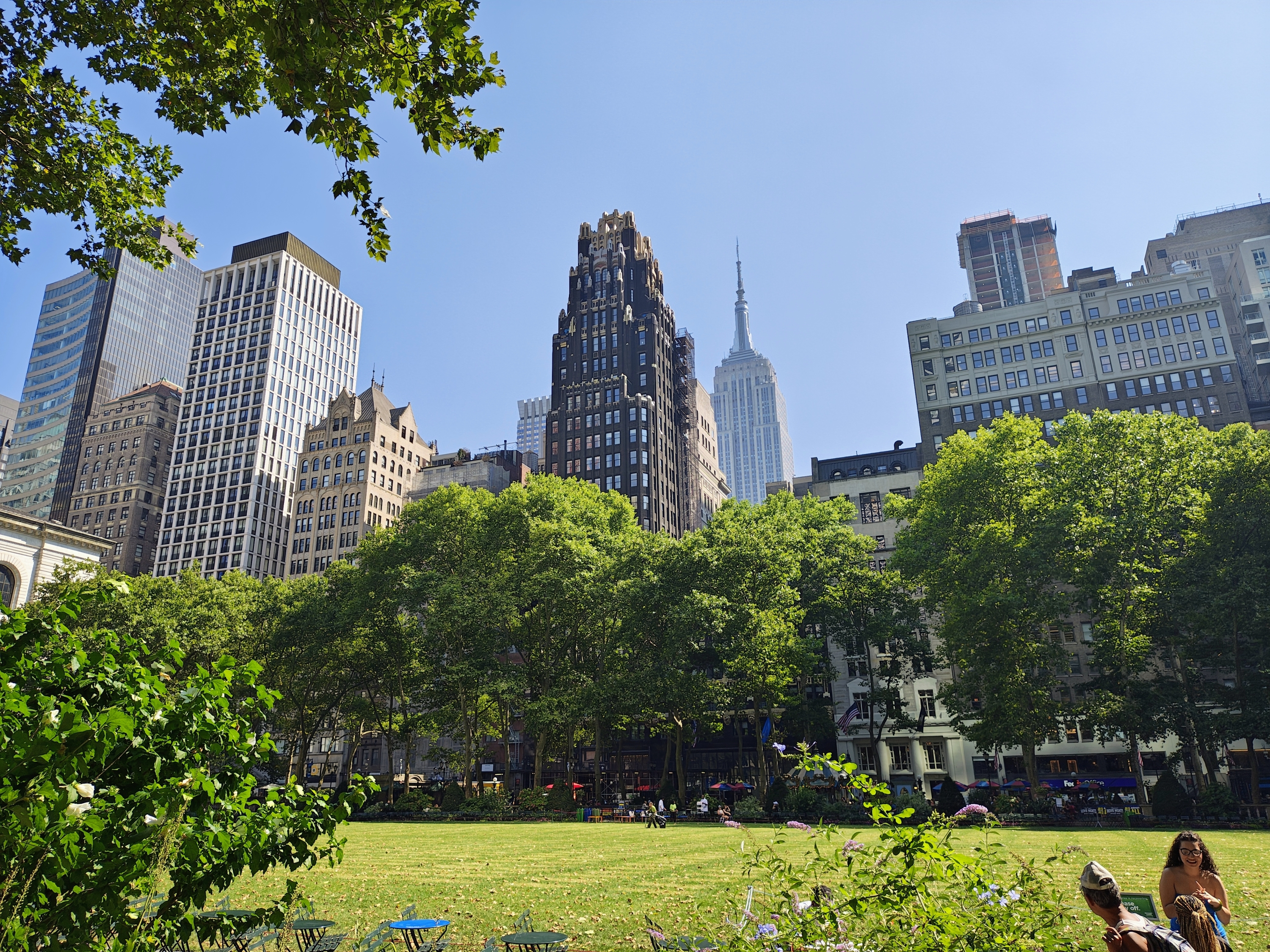
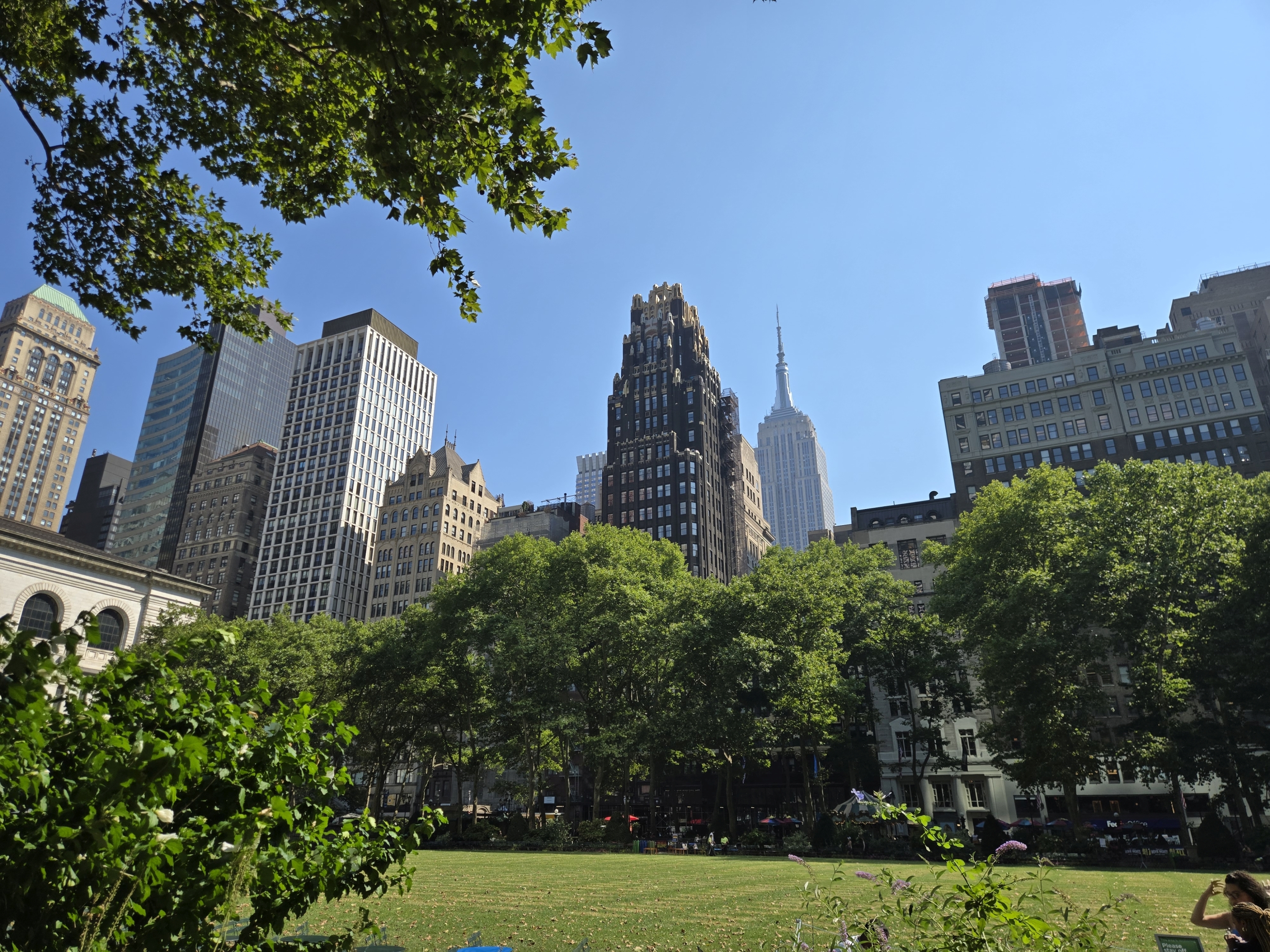

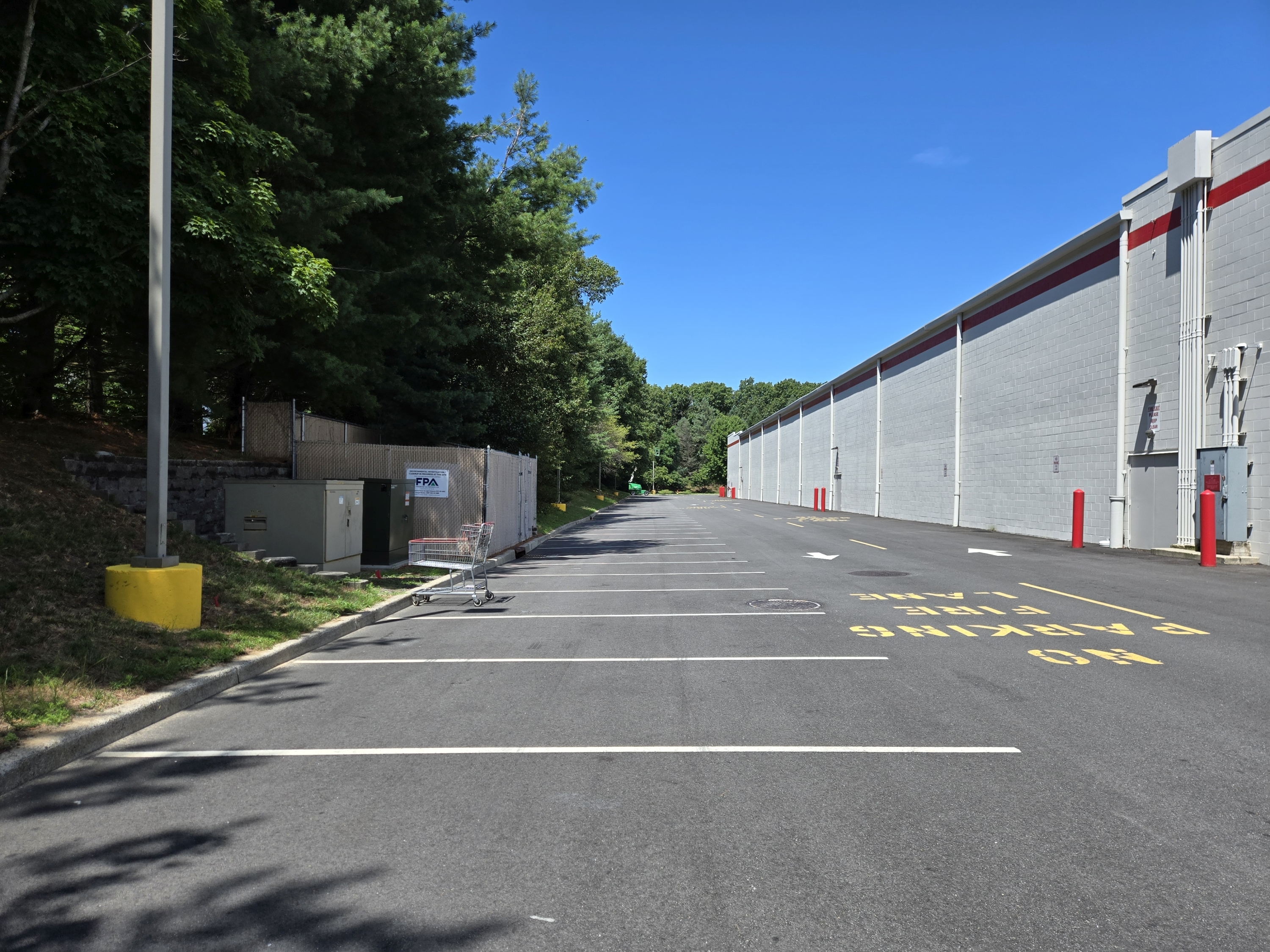

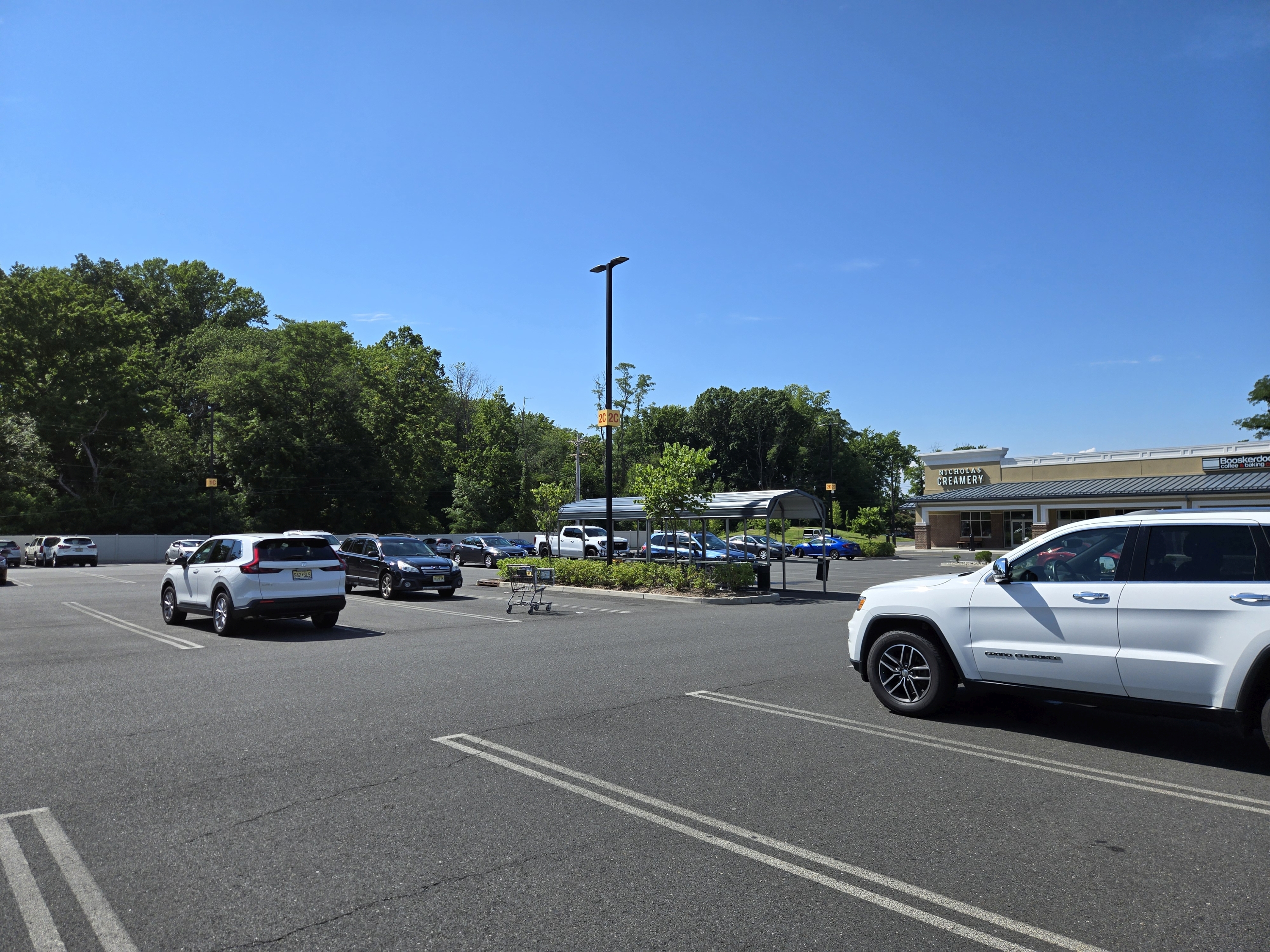




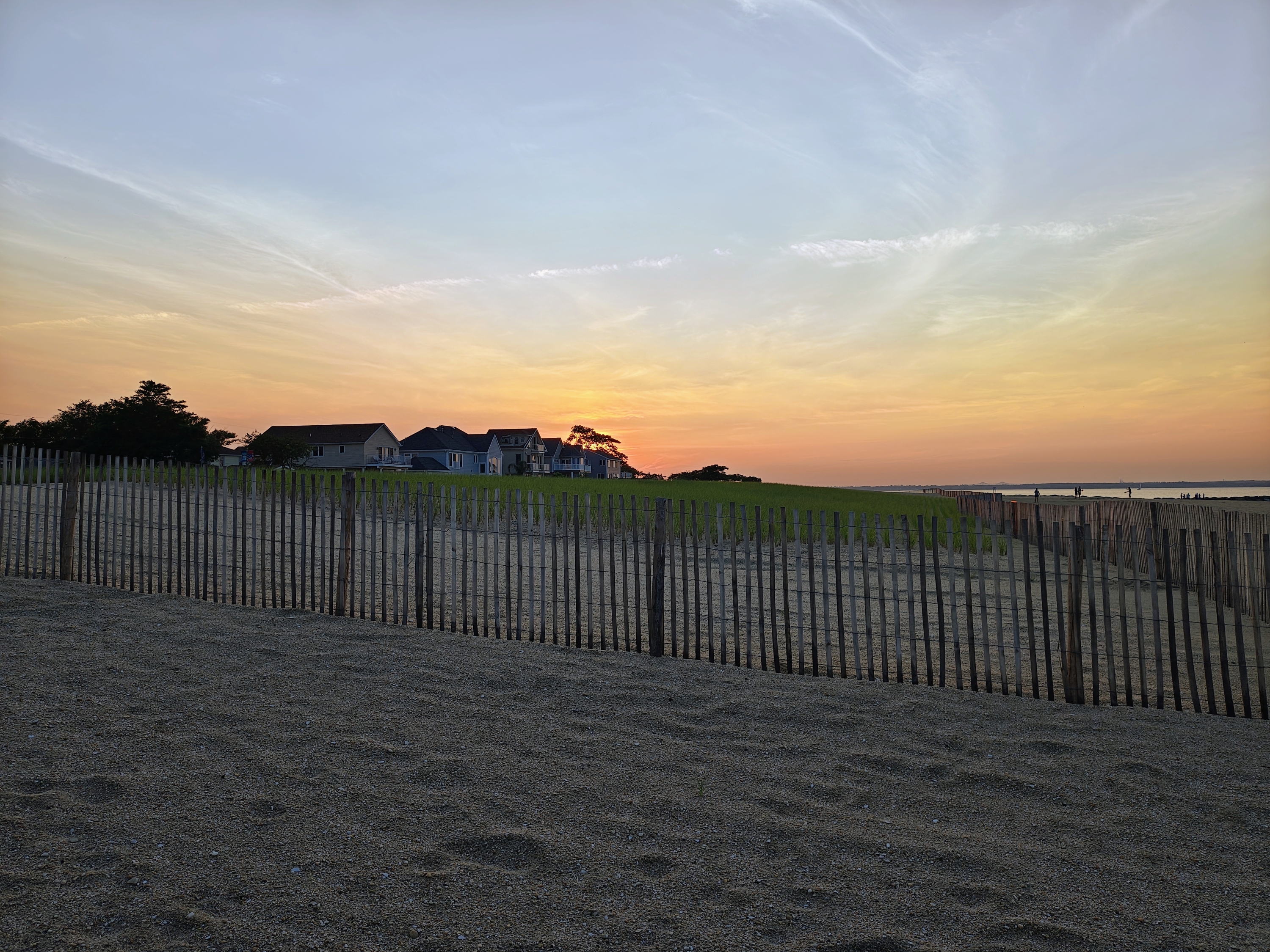

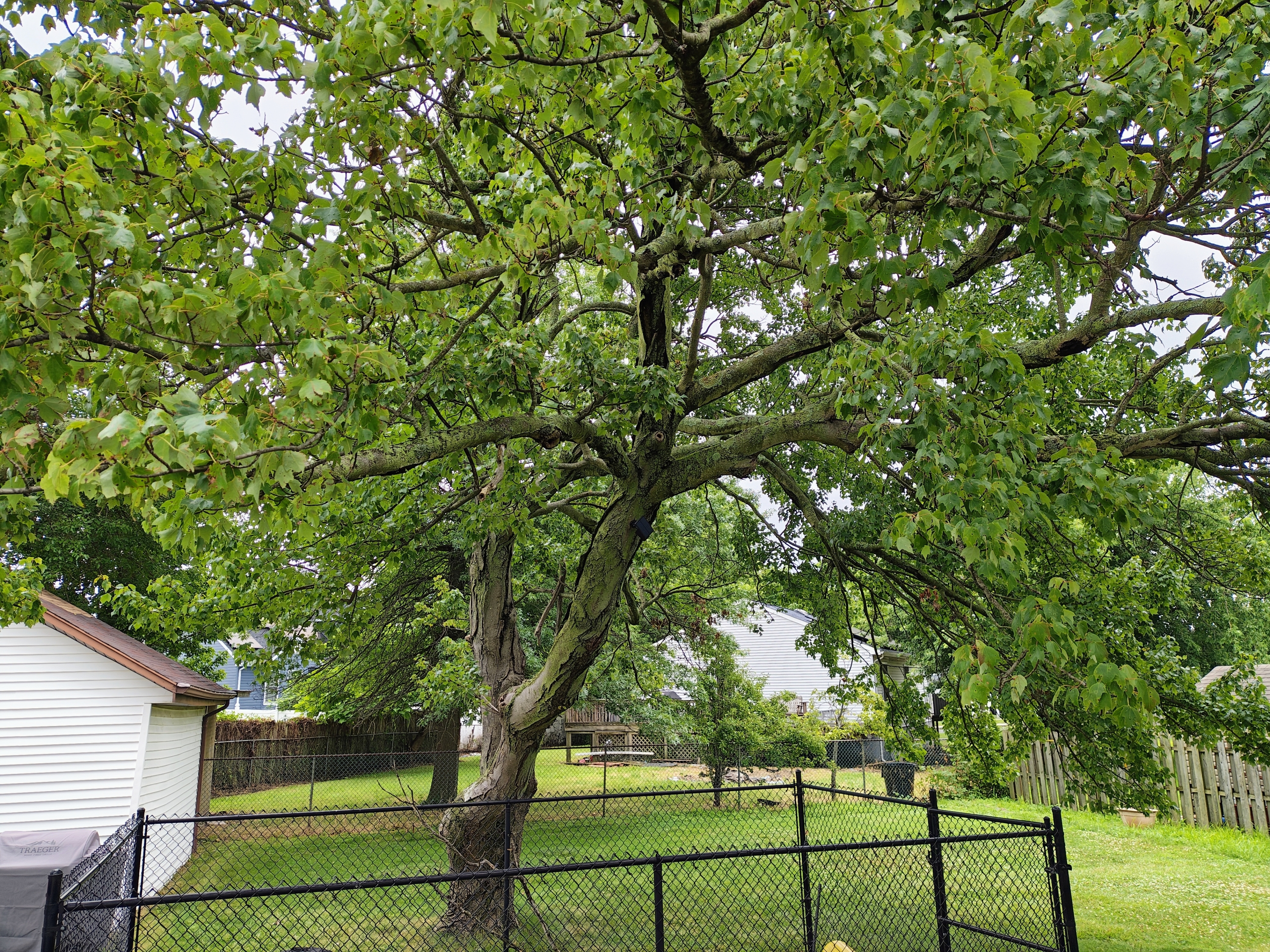
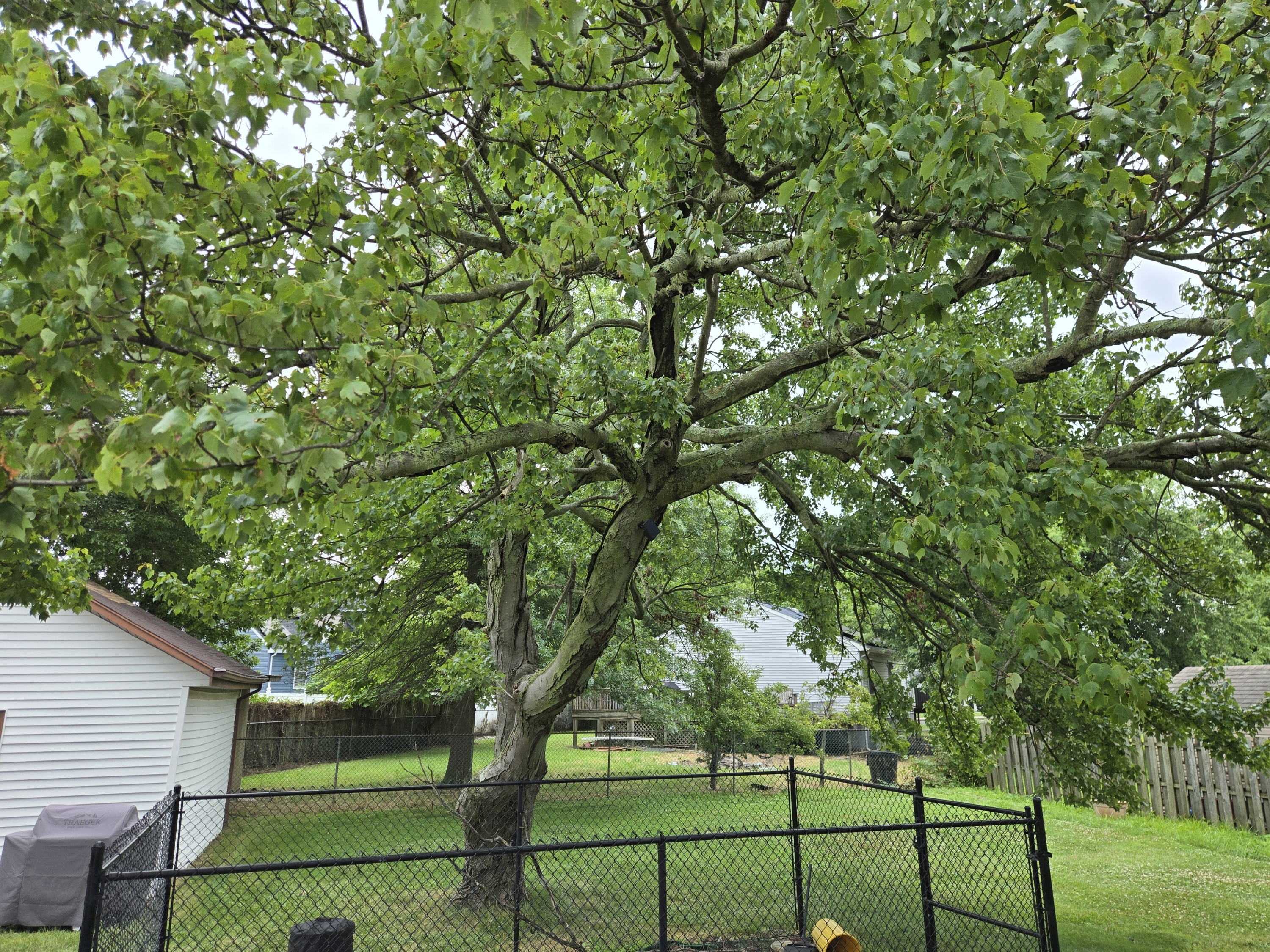


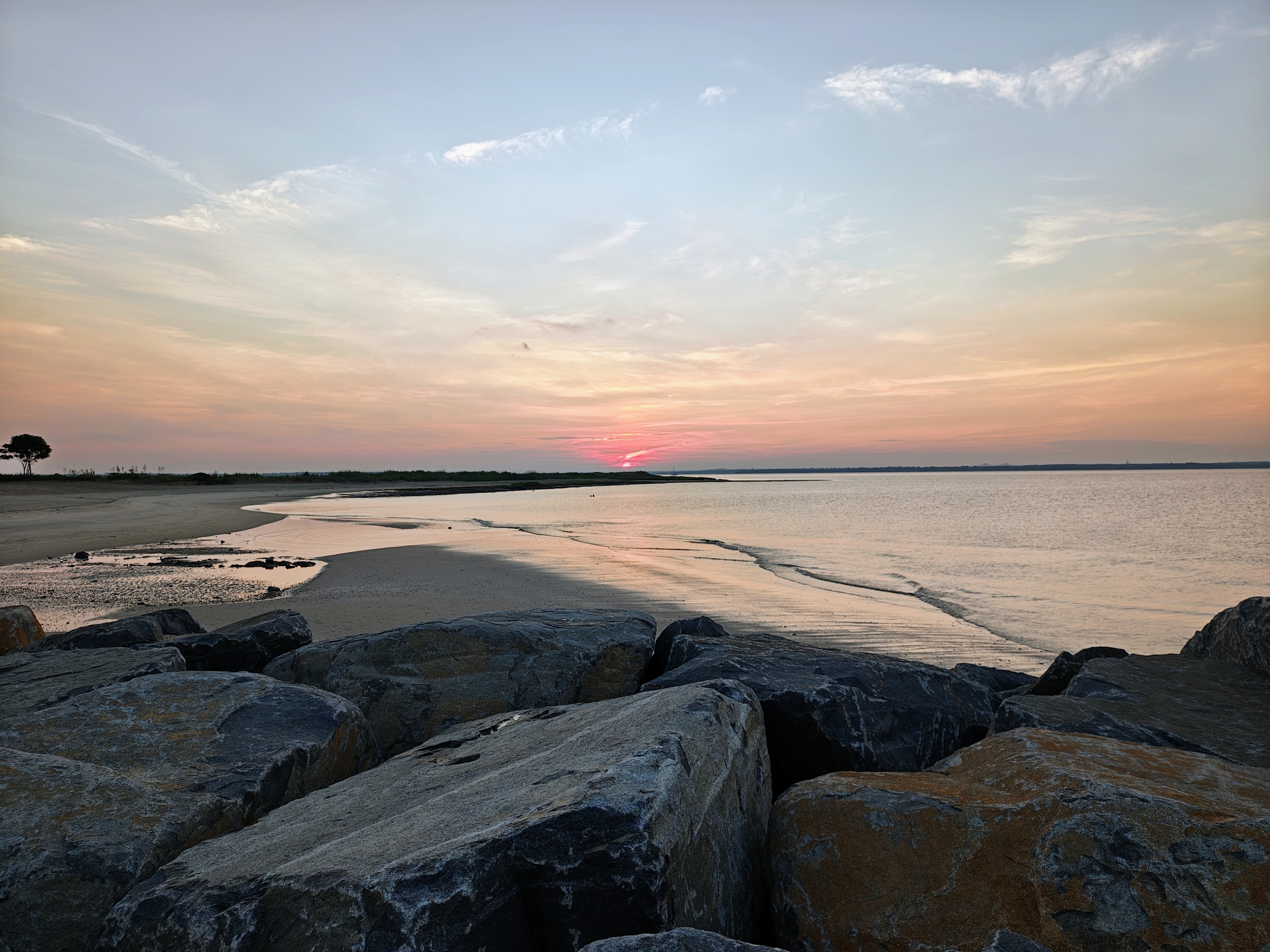
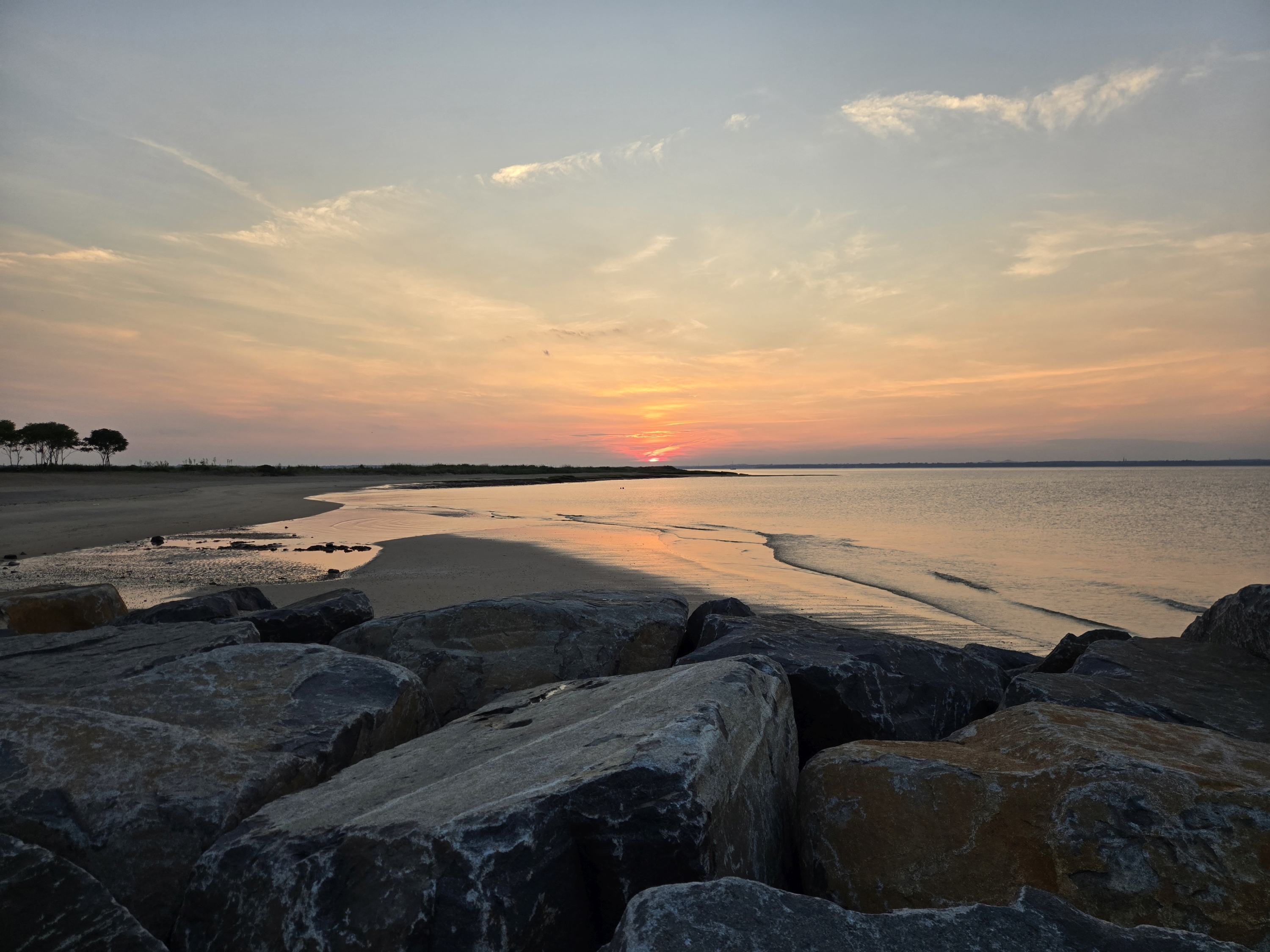
Galaxy Z Flip 6 vs Razr Plus 2024: Selfie
In terms of selfie cameras, you have a 10MP front shooter on the Z Flip 6 and an even larger 32MP one in the Razr Plus. This is a perfect example of how more megapixels doesn’t always translate to better results because these selfies I shot of myself have better qualities on display in the Galaxy Z Flip 6 photo.
Not only does the Samsung shot have better dynamic range, but there’s more definition in my face and shirt. The Razr Plus fails in the highlights with the building in the background and sky being overblown.
Winner: Galaxy Z Flip 6










Galaxy Z Flip 6 vs Razr Plus 2024: Portrait
Moving onto portrait mode, both flip phones manage to isolate the focus on me — and I’m impressed they don’t mess up around my sunglasses either, which tends to be a challenge for bokeh effects.
The Galaxy Z Flip 6 is a little too aggressive with the saturation for my liking, which gives me an extra deep tan. Luckily the Razr Plus does a better job and realistically gets my skin tone just right, but I also like how it applies more sharpness to better define some of my facial features.
Winner: Razr Plus 2024





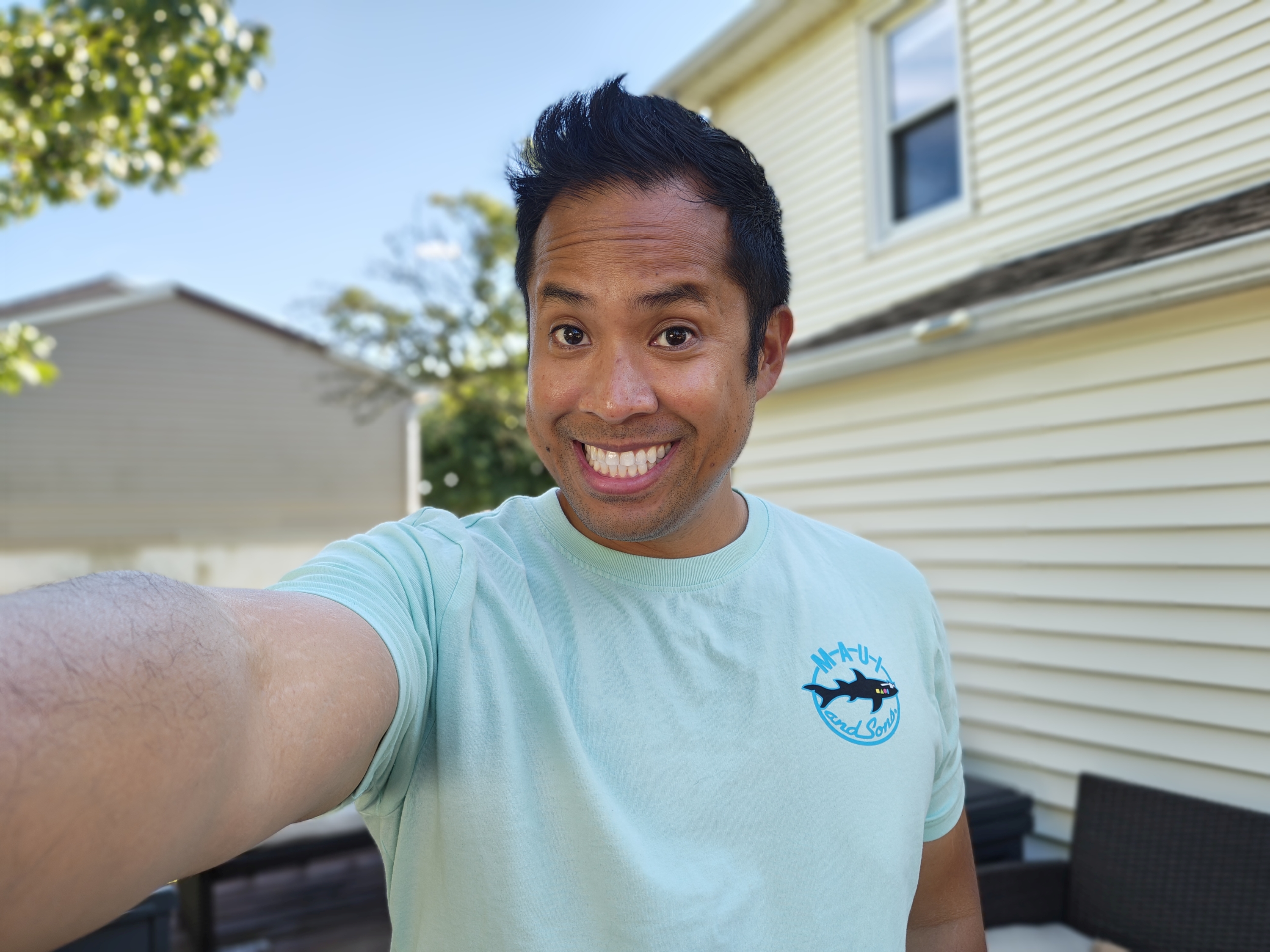


Galaxy Z Flip 6 vs Razr Plus 2024: Color reproduction
Colors can go either way depending on your preference. I can see extra saturation applied to pinks and reds with the Razr Plus, which isn’t bad in my opinion because it makes the colors pop more — but I do know it’s not as true-to-life as what the Galaxy Z Flip 6 produces. I also prefer how it casts a stronger high-contrast look.
Winner: Galaxy Z Flip 6






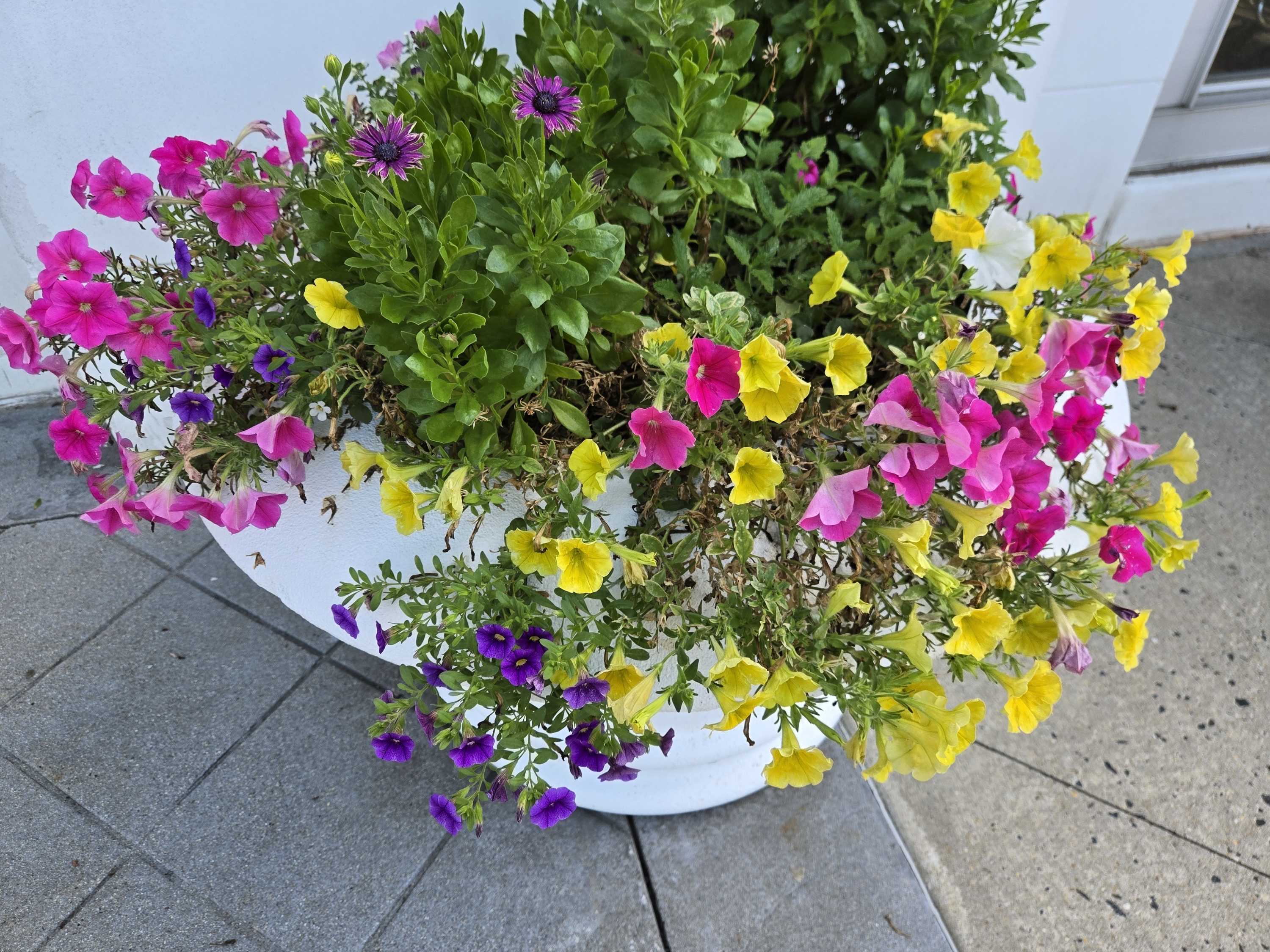
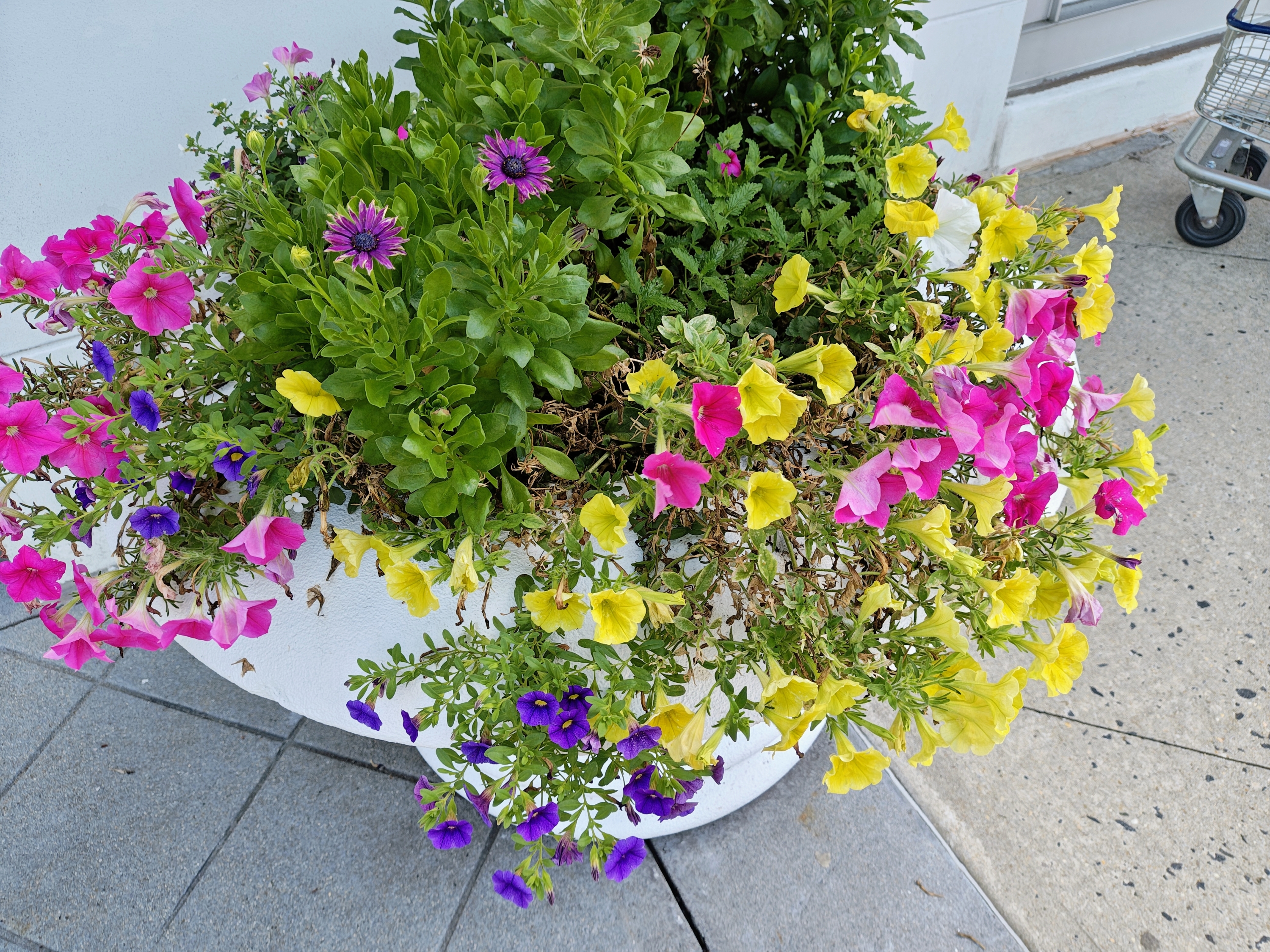


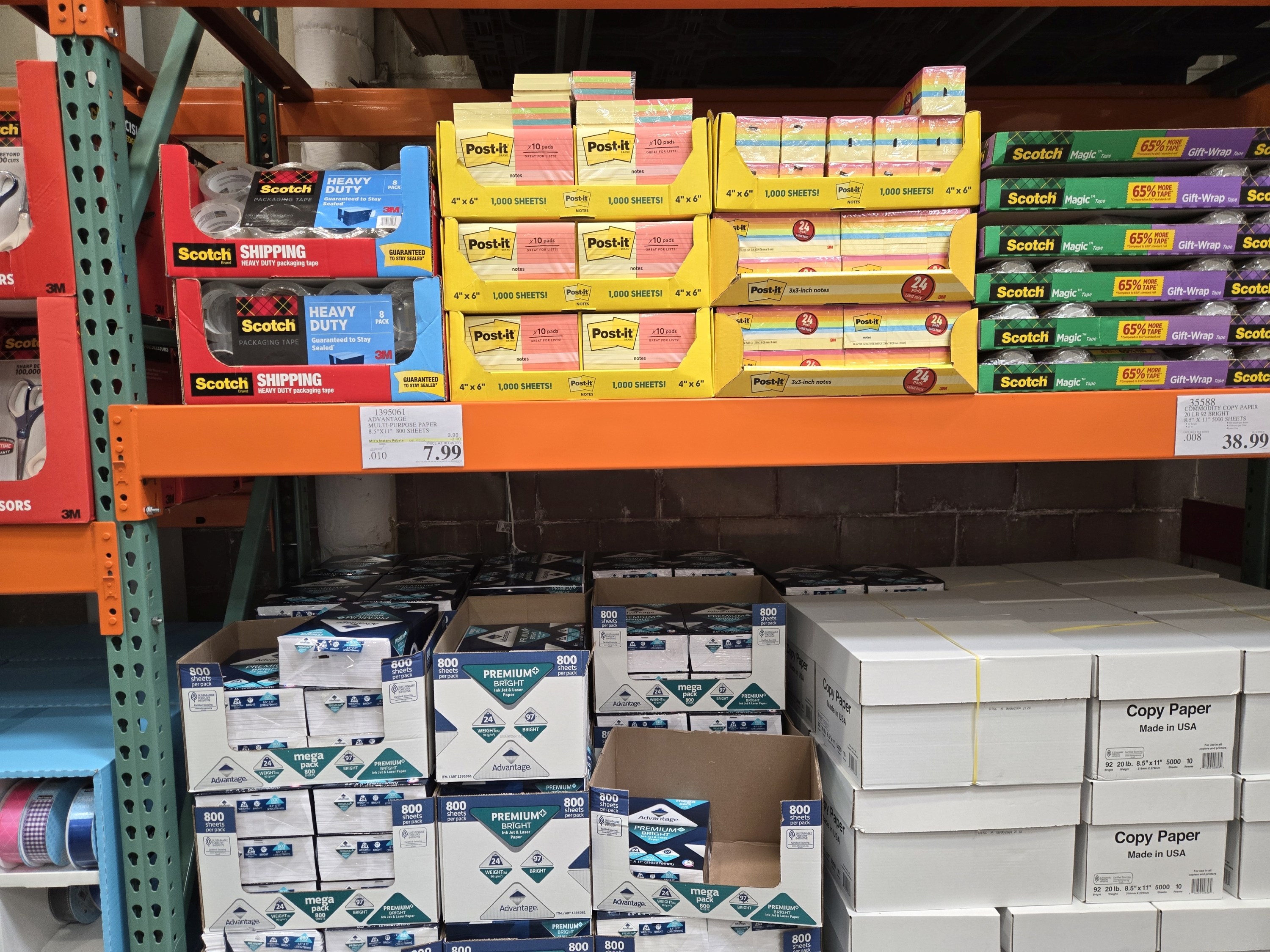
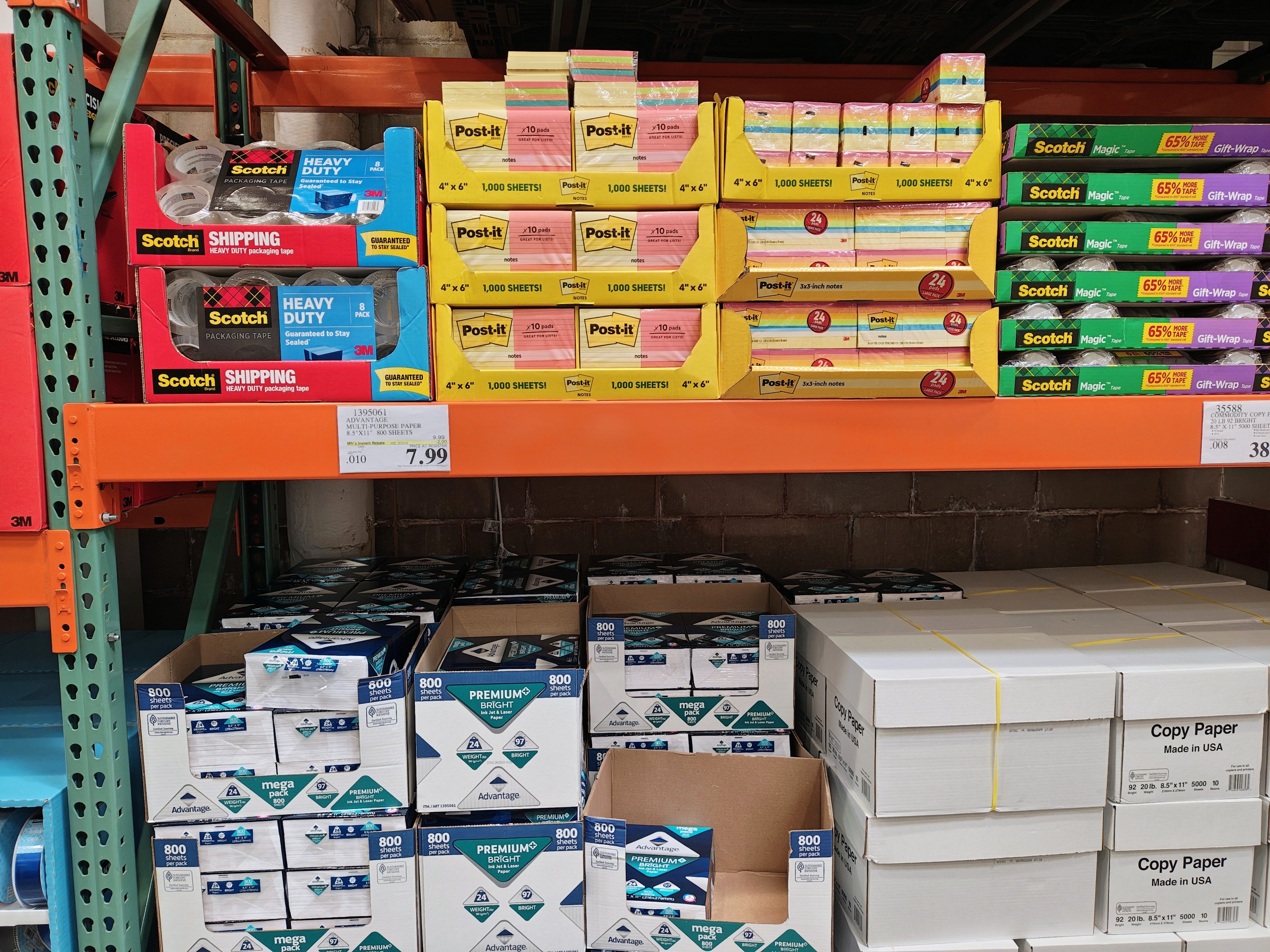
Galaxy Z Flip 6 vs Razr Plus 2024: Close-ups
Oddly enough, neither phone has a dedicated macro mode — and that’s despite the Flip 6 having an ultrawide camera, which is what’s normally used for those shots. Instead, I shot these closeups of this flower in a garden. And let me tell you they look exquisite!
I made sure to place the focus and exposure on the center of the flower, but the Z Flip 6 gets my attention for the amount of detail it pulls in. Motorola's phone is still pretty good at this too, but it doesn’t get quite the same sharpness as the Samsung.
Winner: Galaxy Z Flip 6



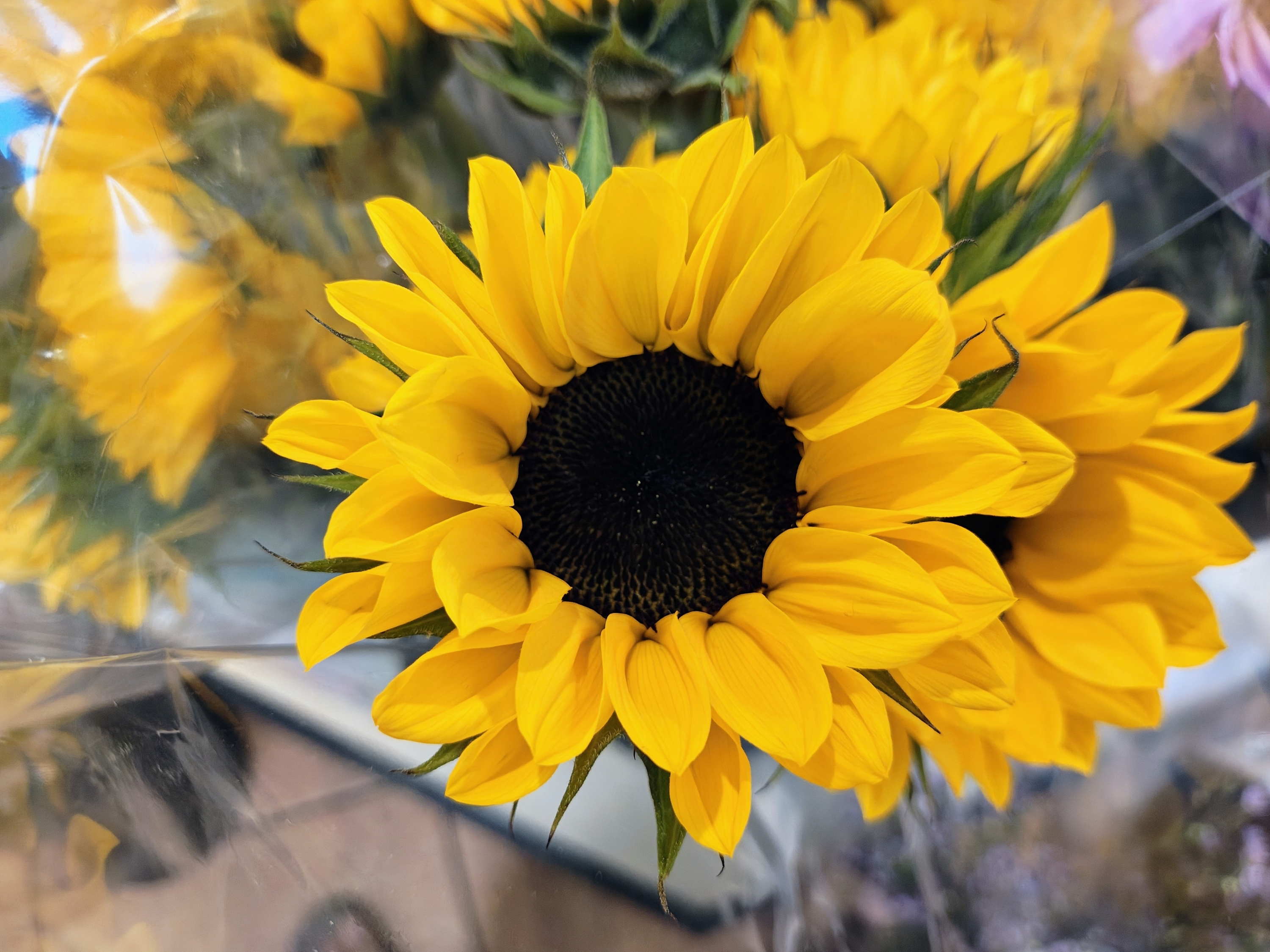


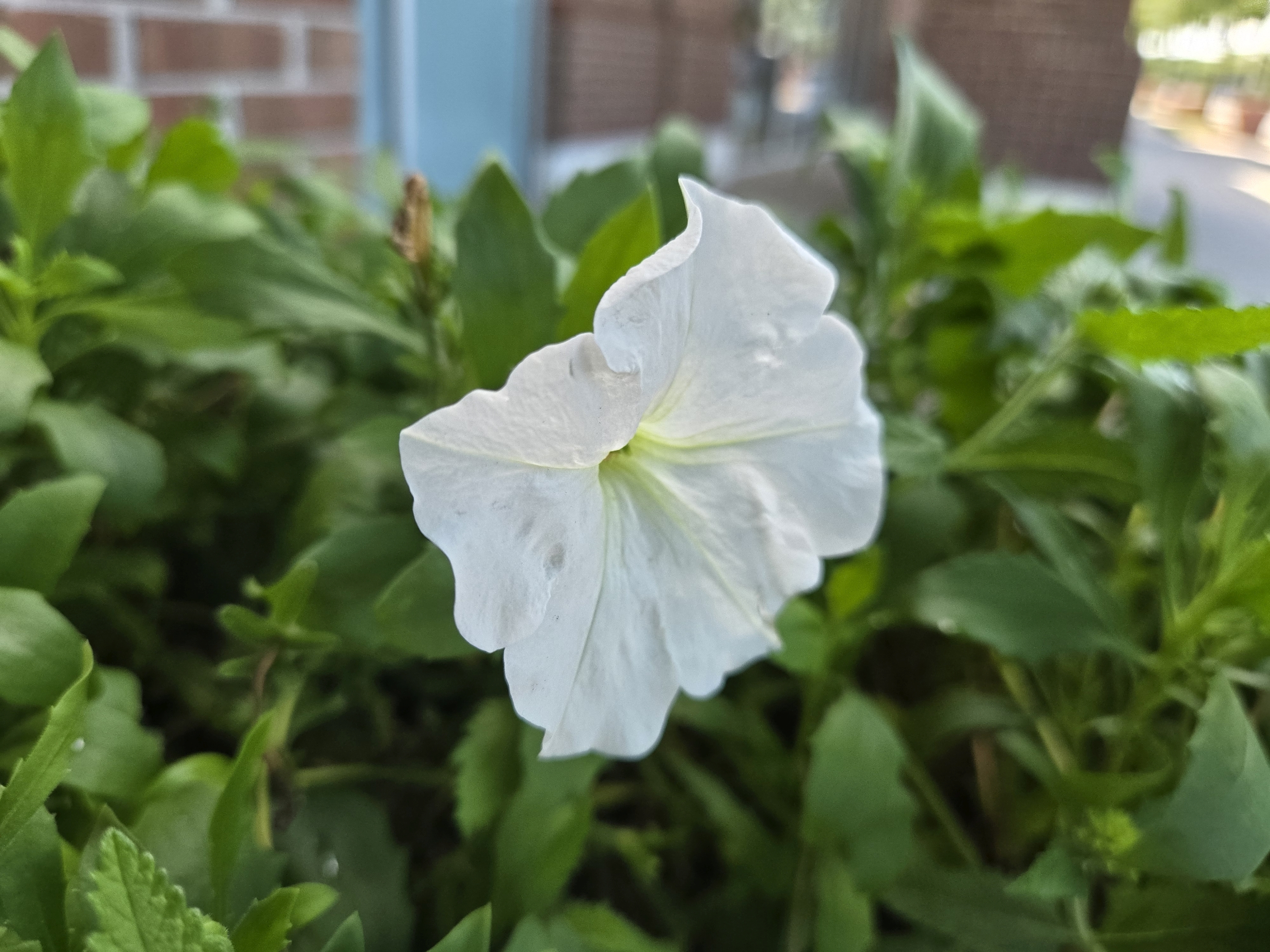
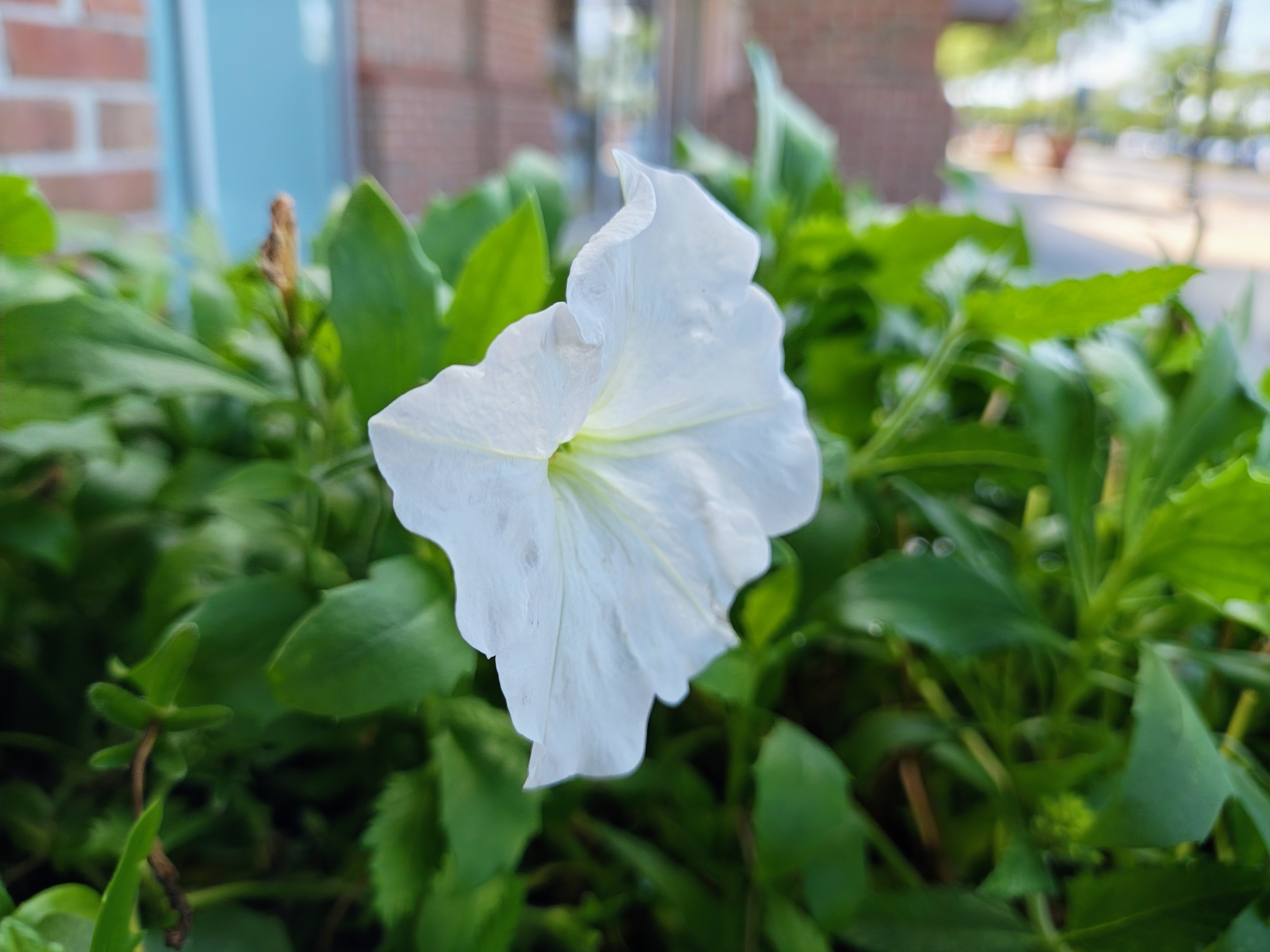


Galaxy Z Flip 6 vs Razr Plus 2024: Zoom
Now this is where things get interesting because the Razr Plus inherently has an advantage because it has a dedicated 50MP telephoto camera with 2x optical zoom. The Flip 6 doesn’t have one, so it relies on its main camera for all the zooming. I will admit, though, the pixel binning technique it’s doing delivers reasonable optical-like quality.
Now it’s hard to see which has the advantage in these 2x zoom photos of this front door, but when I zoom into the photos, I can better make out the scratches around the white door and the smaller details in the bricks with the Razr Plus. I do want to point out here that the details of the welcome wreath in the Flip 6 shot features better sharpness.
At 4x zoom, these differences become more apparent — as more of the texture in the bricks are more visible with the Razr’s 2x optical zoom camera. But I wouldn’t say it’s a tremendous difference. Even though the Razr outright wins here, I have to applaud Samsung for coming close despite not having a dedicated zoom camera.
Winner: Razr Plus 2024



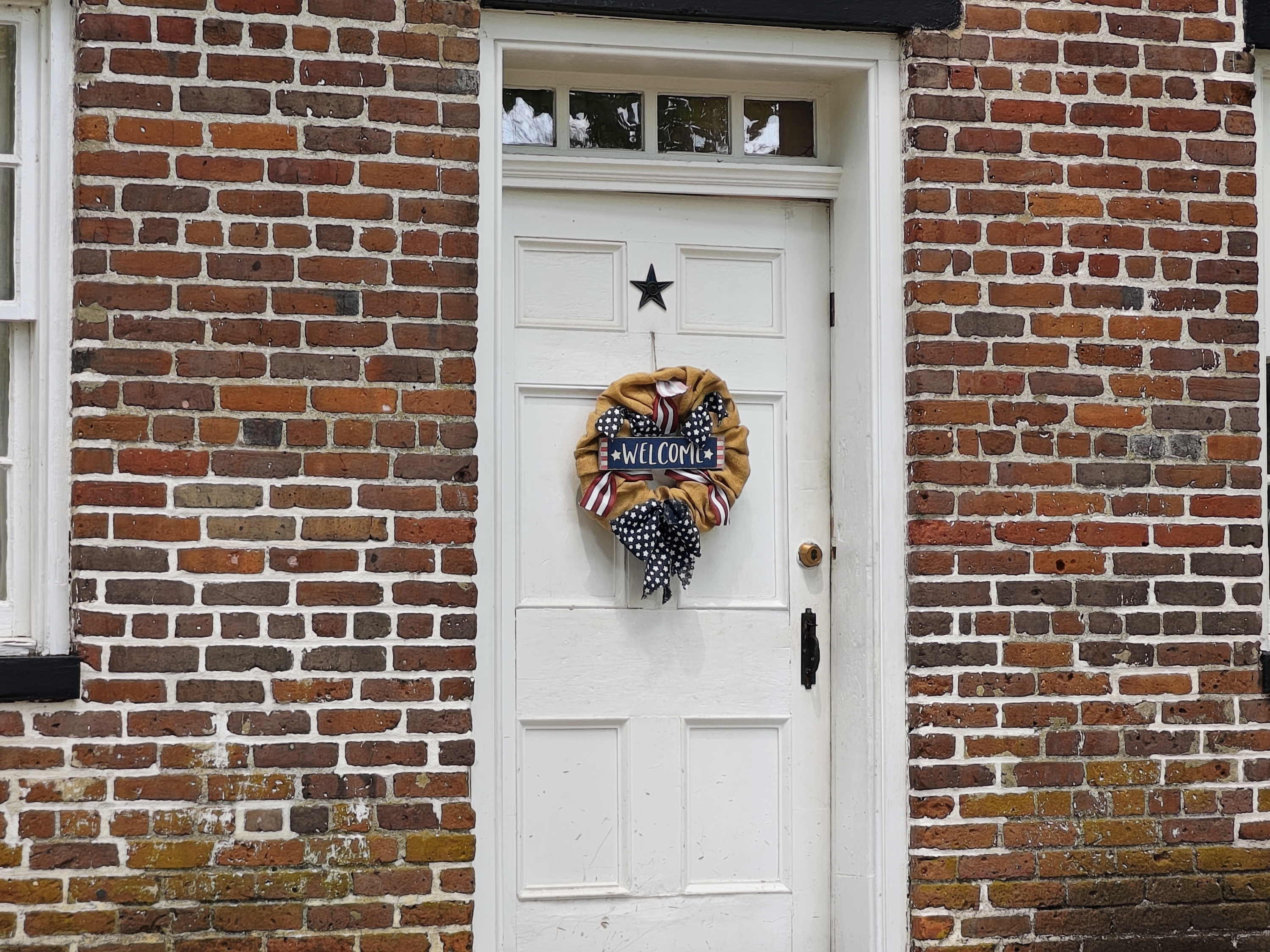


Galaxy Z Flip 6 vs Razr Plus 2024: Panorama
Even without nitpicking the fine details, I can tell that the Flip 6 is better suited for capturing panoramas. You can actually use either the main and ultrawide cameras for capturing these shots, while you’re just isolated to the Razr Plus’ main lens for panoramas.
The Razr Plus suffers from softer details with the rocks on the jetty, along with how it can’t properly expose the setting sun in the sky. The Galaxy Z Flip 6 does a much better job overall and perfectly captures all the colors of the sunset with ease.
Winner: Galaxy Z Flip 6












Galaxy Z Flip 6 vs Razr Plus 2024: Low light
For low light, I was in my backyard for these photos — and I’m not surprised by the results because Samsung has historically been better at low-light photography than Motorola. Aside from my neighbor’s floodlight in his backyard in the far background, the immediate area in front of me doesn’t have any ambient light.
While the Razr does okay at brightening the area, it’s nowhere close to the magic that Samsung casts with the Flip 6. Really, it’s a night and day difference between them, which shows off the low light superiority of the Samsung. Everything is brighter, including the grass in front of me and all the leaves in the branches.
Winner: Galaxy Z Flip 6
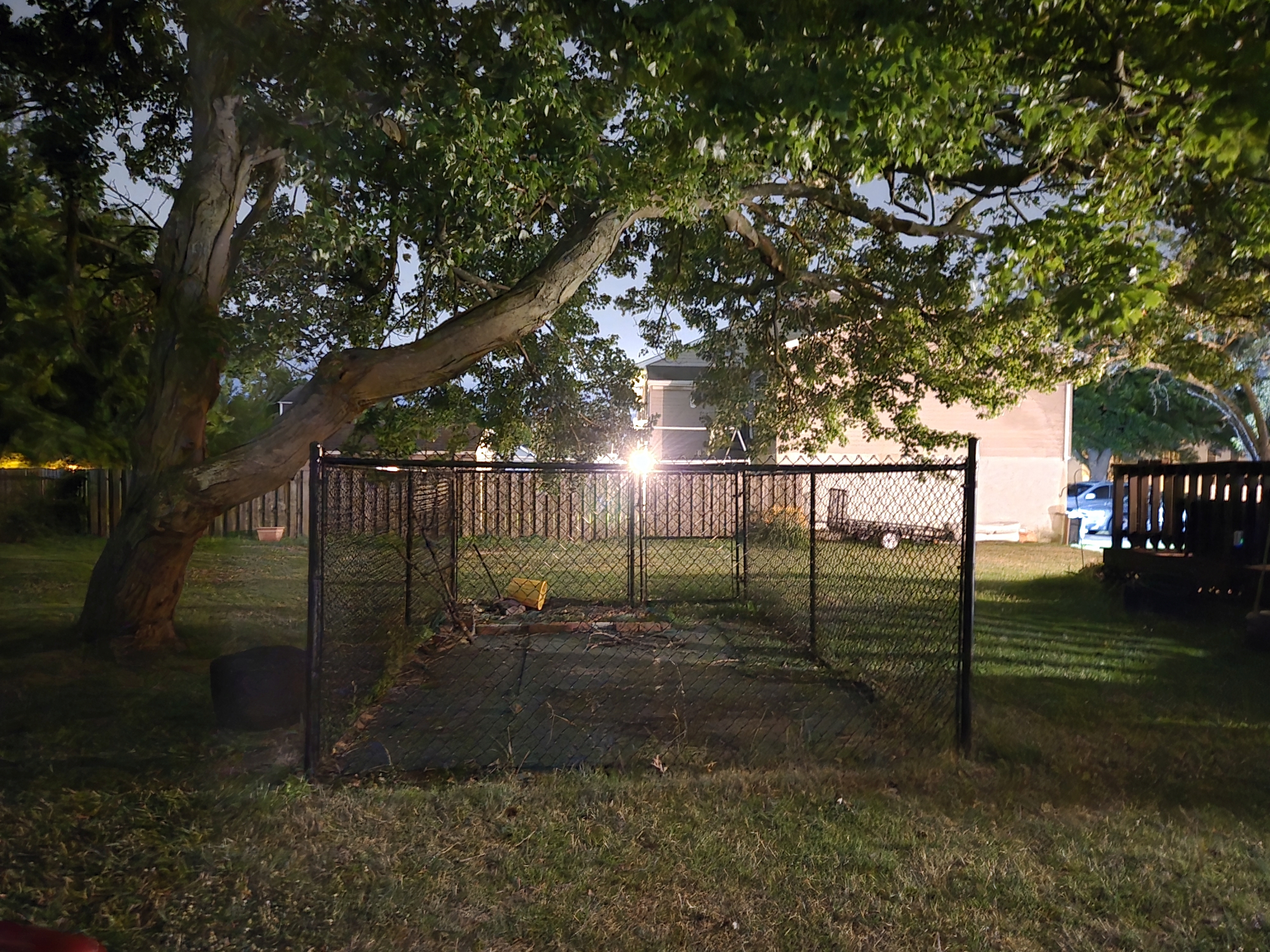
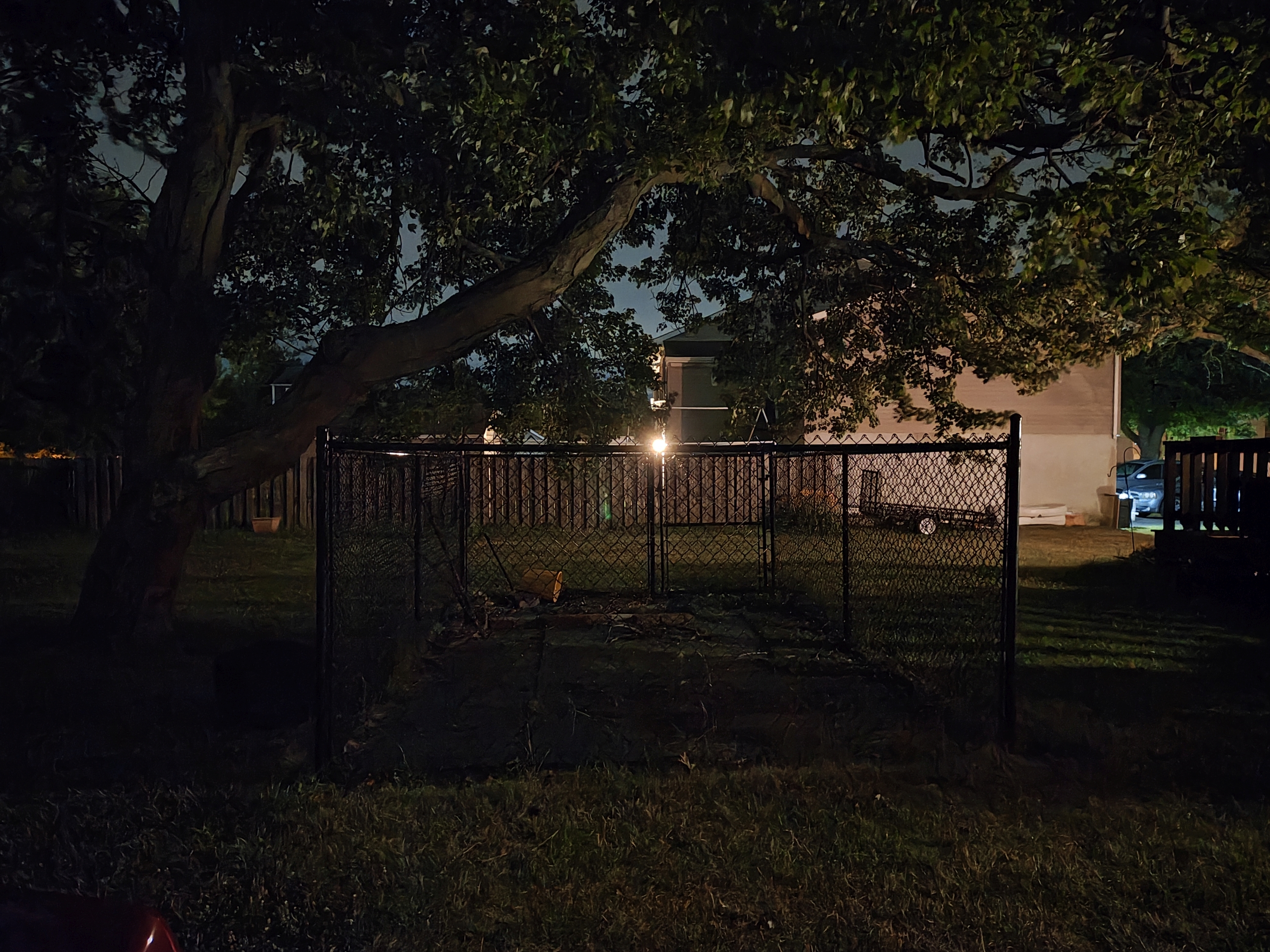



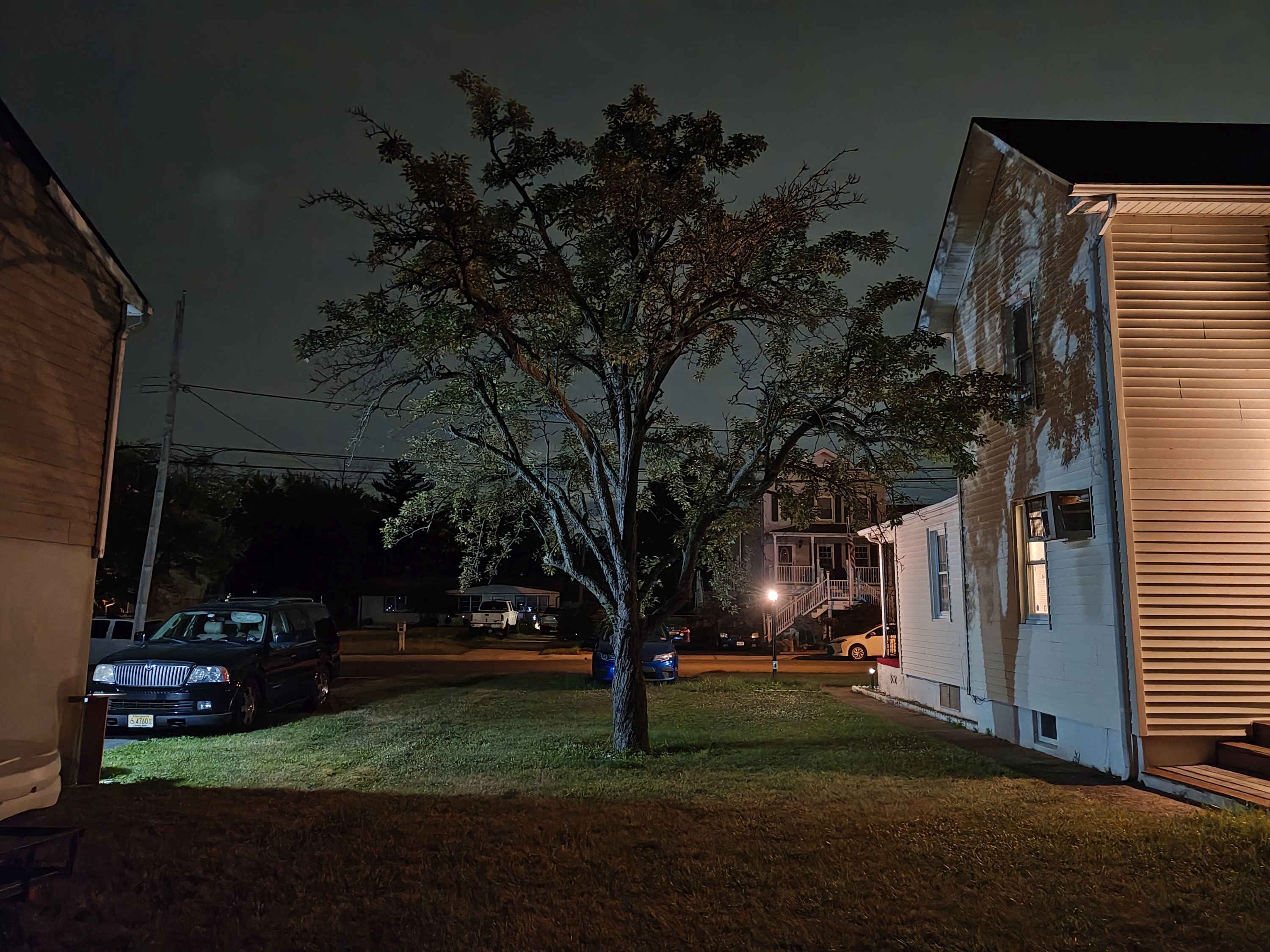
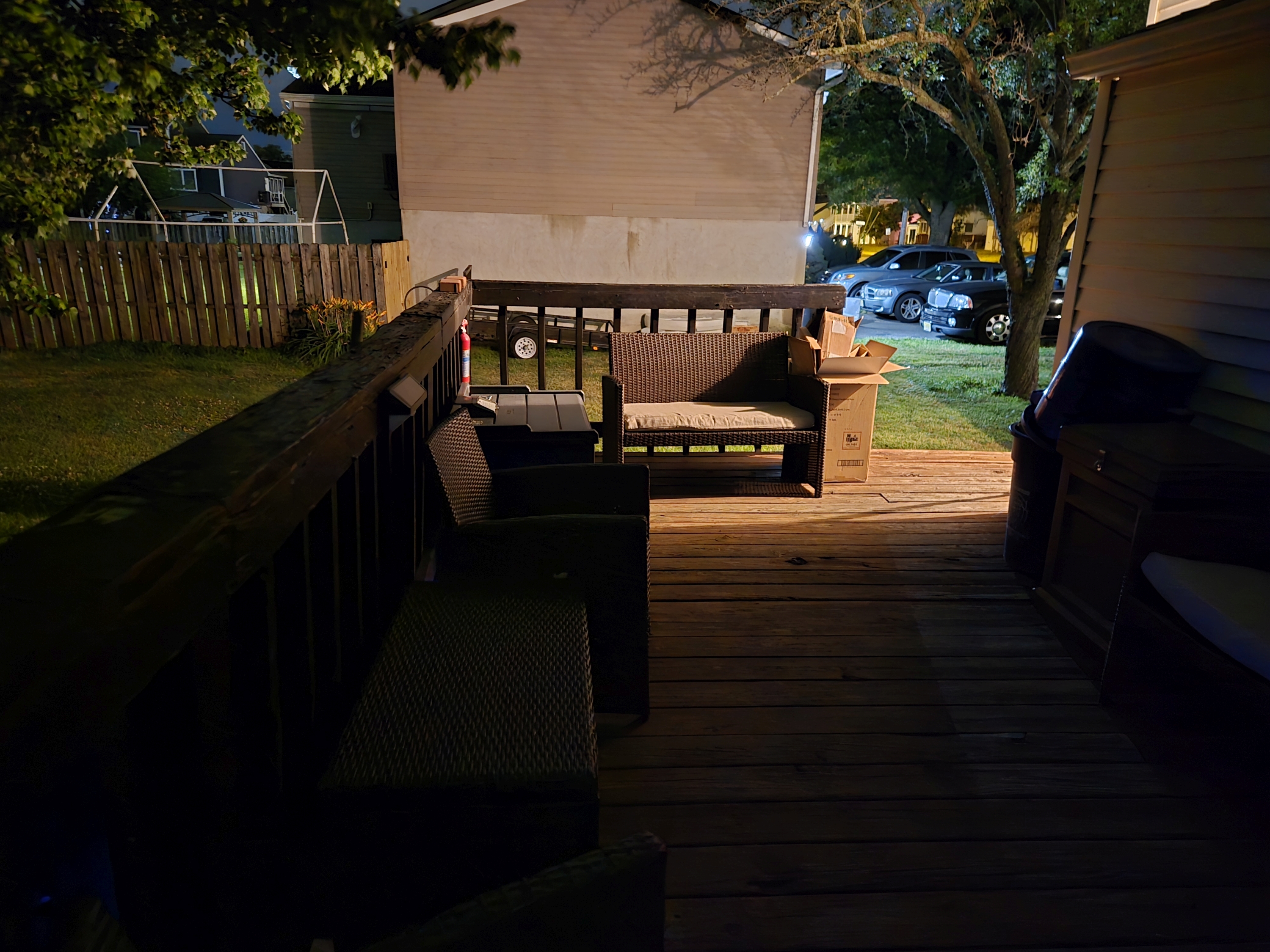
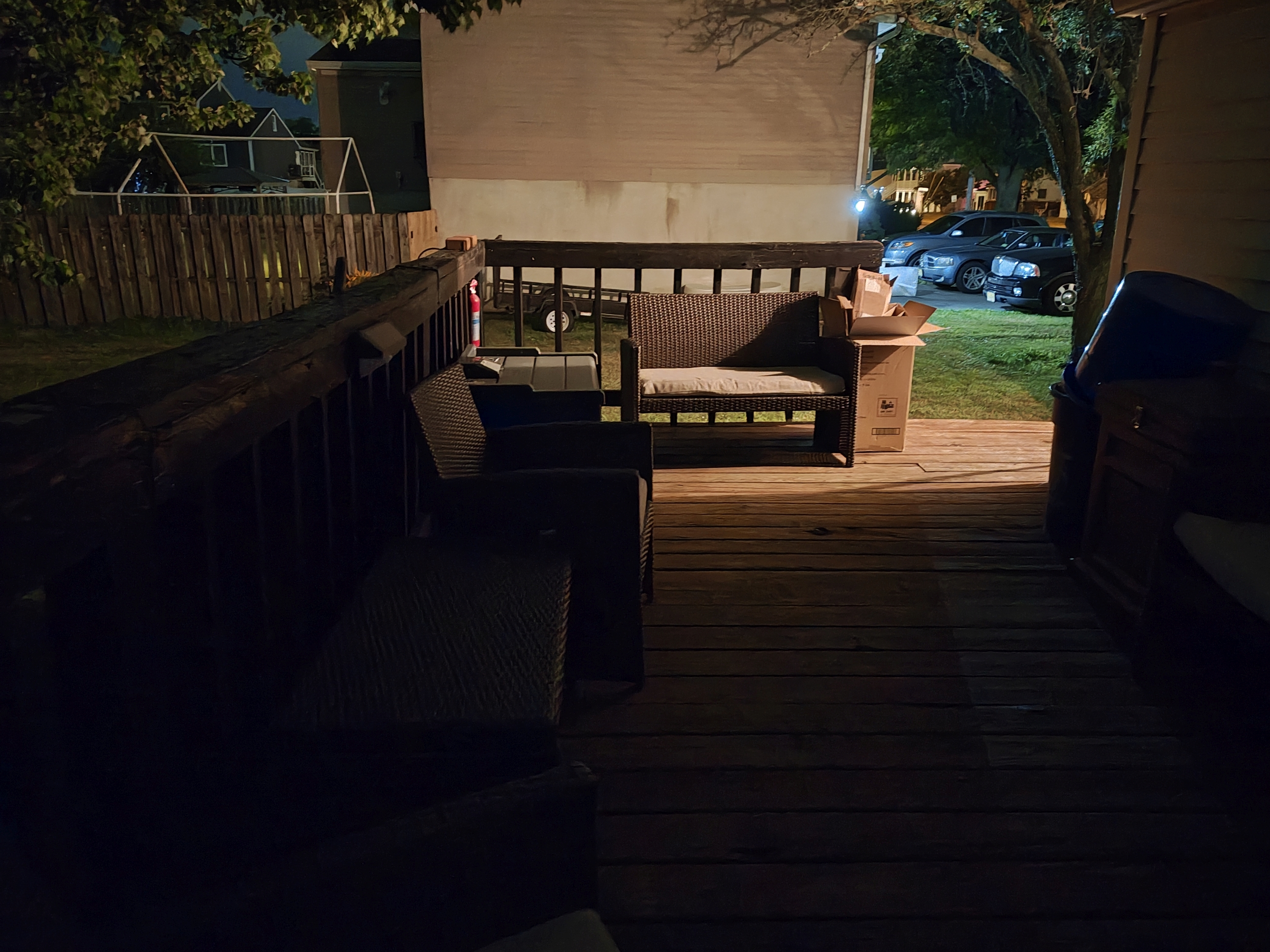


Galaxy Z Flip 6 vs Razr Plus 2024: Verdict
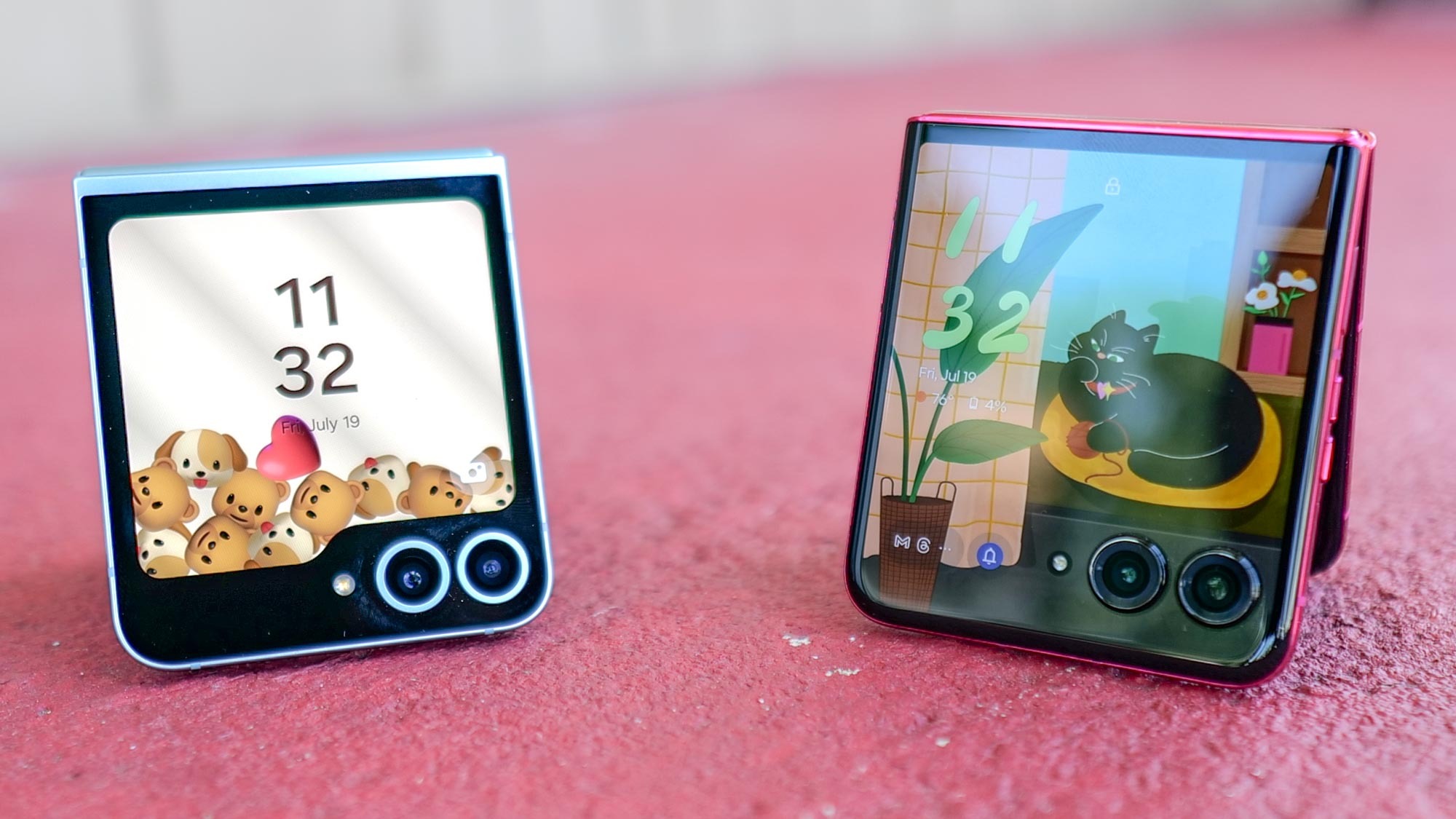
After tallying in the results, the Galaxy Z Flip 6 comes out on top by a narrow margin. I really didn’t expect the Razr Plus to perform as good as it did, but it goes to show that Motorola’s closing the gap — and it’s a much more satisfying upgrade.
I was surprised by how well the Razr Plus' main camera performed because I honestly thought the Flip 6 would be incrementally better. But while the Razr has a dedicated optical zoom lens, I have to give credit to the Flip 6 getting excellent results with its zooming abilities.
Additionally, the other reasons why I think the Flip 6 is better is because its ultrawide camera lets me take better group photos and vlogs — especially when paired with its FlexWindow display. I also like how it also offer full manual controls with video, which the Razr Plus can’t do.
More from Tom's Guide

John’s a senior editor covering phones for Tom’s Guide. He’s no stranger in this area having covered mobile phones and gadgets since 2008 when he started his career. On top of his editor duties, he’s a seasoned videographer being in front and behind the camera producing YouTube videos. Previously, he held editor roles with PhoneArena, Android Authority, Digital Trends, and SPY. Outside of tech, he enjoys producing mini documentaries and fun social clips for small businesses, enjoying the beach life at the Jersey Shore, and recently becoming a first time homeowner.

